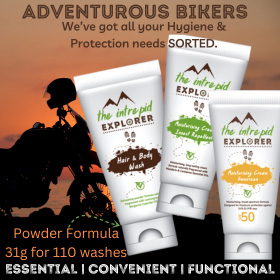5/3/11 Ayamara, Peru
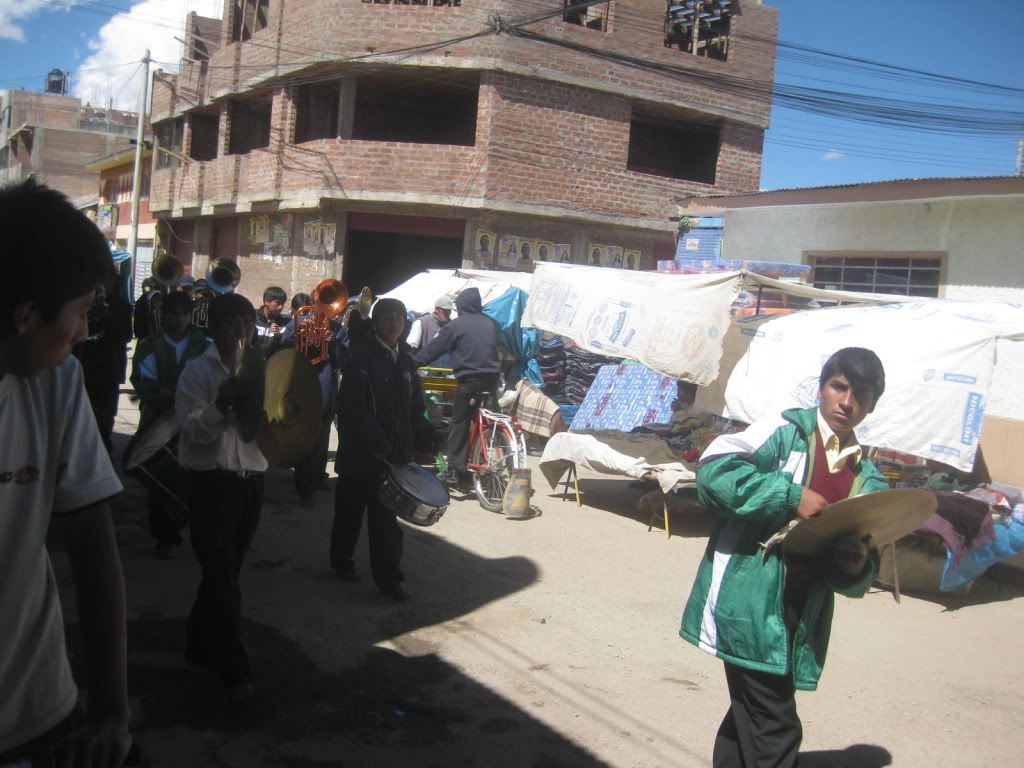
It was pretty darn cold, inclement weather was approaching rapidly, I was exhausted from my hike and we were both feeling a bit under the weather, so we decided to grab a hotel room for the night. Soon we ran across the little town of Ayavari, so we turned in. We only had 1 criteria... a hot shower. Normally we wouldn't care but today it just felt like a hot shower day so the quest was on. This apparently would be difficult to achieve. Ayavari was a little town, but it boasted 9 hotels in total. Michelle and I checked each and every one. Michelle was not a huge fan of Ayavari, most of the hotel owners she talked to were rude to her. Out of all 9 of the hotels, only 1 hotel had hot showers... and it was $30usd. That is an insane amount for Peru, that's a luxury hotel, so unfortunately we would not be having a hot shower. But wait, a policeman said they rented hot showers at the market a few blocks away! Perfect, so we'll get a cheap room and then maybe find a hot shower.
So we went back to the only friendly hotel we had checked, and got a room. Then began one of the strangest conversations I've heard. This a brief paraphrase, but the actual conversation went on for a full 5 minutes (in Spanish obviously).
Quote:
Hotel Clerk: "Ok, so you're room 15. Here's your key."
Michelle: "Great. Hey, so we heard there were hot showers at the market. Do you know where that is?"
Hotel Clerk: "No, we don't have any hot water here."
Michelle: "Yea, I remember you saying that when we came in earlier. A policeman said they had hot showers at the market that we could use."
Hotel Clerk: "We'll get hot water soon."
Michelle: "Yea, I know. Do you know if they have hot showers for use at the market?"
Hotel Clerk: "None of the other rooms have hot water here."
Michelle: "Uh, yea. We are looking to stay here but use hot showers elsewhere."
Hotel Clerk: "Other hotels might have hot water. Maybe you should stay there."
Michelle: "Yes, we checked the others. We are going to stay here, we just want to go use the showers at the market."
Hotel Clerk: "Have you checked the hotel in el centro?"
Michelle: "YES! It was too expensive. We are looking to stay here."
Random woman: "She wants to know where she can find a hot shower."
Hotel Clerk: "Maybe."
Michelle: "No, I'm looking to see if we can rent a hot shower at the market."
Hotel Clerk: "OK..."
Michelle: "The policeman said there were hot showers we could use at the market near here."
Hotel Clerk: "We have showers here, but they are not hot."
Michelle: "Ok... So can you tell me where the market is?"
Hotel Clerk: "What are you looking for?
Michelle: "..."
Hotel Clerk: "We're not understanding each other."
Michelle: "No, we're not."
|
The whole thing is gone over once again, and it finally ends with:
Quote:
|
Hotel Clerk: "Oh! You want to know if they rent showers at the market! I don't know.
|
He used the exact same words Michelle had used. His spanish was excellent and fluent.
This was just one example of communication problems we had in Peru.
Several times Michelle would walk into a hotel and ask the clerk "Do you have any rooms available?" and they would respond with "What?". Michelle would rephrase the questions several different ways and then finally the clerk would say "Oh! Yea, we have rooms" using the exact same words. What else would a traveller walking into a hotel be looking for?
Later I asked: "Can you drink the water here?" and get the answer "Oh, you're ready for breakfast?".
Another occasion I asked: "Do you have coffee with milk?" "What?" "Coffee with milk" "What?" "Do you have coffee?" "Yes." "Do you have coffee with milk?" "Yes. 2.50 soles."
Michelle walked into a pharmacy and says: "My stomach hurts and I have nausea, do you have anything for that?" and got the response: "That doesn't make any sense. You're contradicting yourself."
Though it seems that everyone knows Spanish perfectly there were still many odd miscommunications. We would use only the most basic of words, words that were on the menu or on the sign outside. Many areas are still heavily indigenous and have their own language, but the locals speak spanish to one another and nothing is printed or advertised in the native tongue. I'm still confused as to what causes that unique problem. Maybe a subtle dialect thing?
Anyway, long story short we never did get a hot shower in Ayavari. We made due with the frigid mountain water that drizzled out of the nozzle in the wall. We appreciated the 4 blankets that were piled onto the bed, even if the mattress was about a foot too short for me!
Next day we got a bit of a local specialty. This delicious BBQ goat (or was it lamb?)
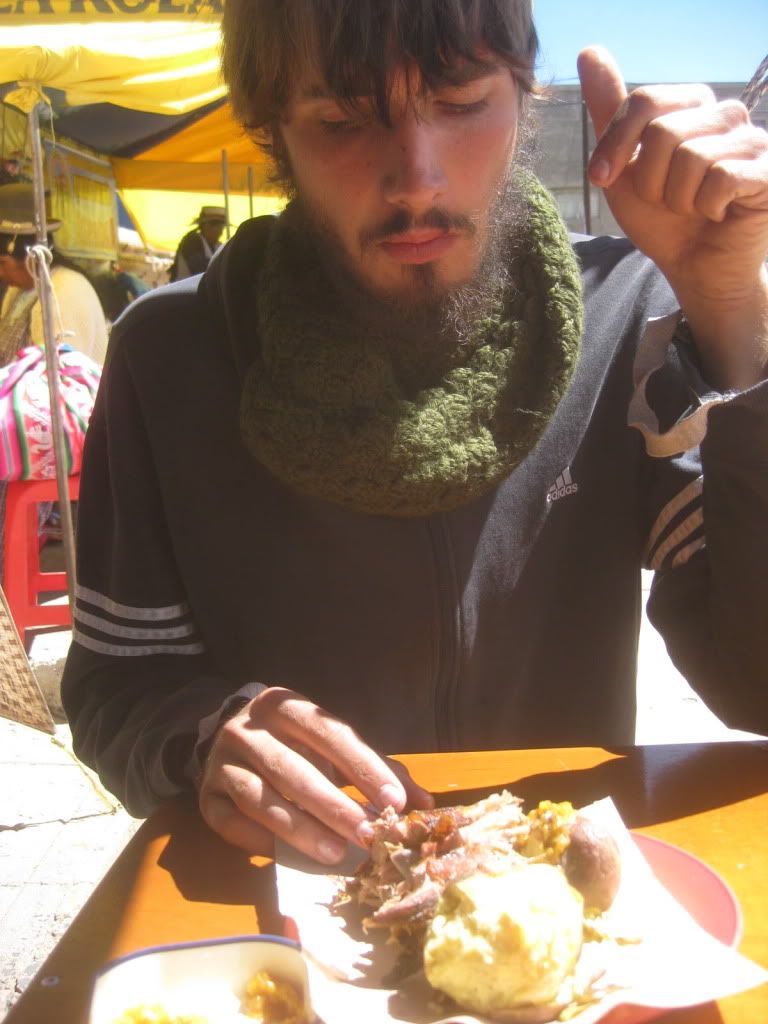
And we took off for the short ride to Puno!

Got a cheap hotel room. 20 soles, about $7usd. Now we have had many cheaper rooms over the course of the trip, but this one stood out as an awesome value. Private bathroom, hot water and a working TV with cable! And I could park the bike in the lobby! I would love to recommend this delightfully cheap establishment to all my fellow travelers, but damn if I've completely forgotten the name. It was a "hostal" with an Asian sounding name on the left of a dead end street in Puno. Happy hunting!
Lake Titicaca is what we were here for for. Apparently it's the highest navigable body of water in the world at 12,500 feet, and the largest lake in South America. The people here are not Quechua, they are mostly Ayamara. Different language.

Lake Titicaca was very pretty. We didn't take any boat tours out to the islands but they are supposed to be pretty interesting. Islands way out in the the lake (several hours to reach by boat), each with a couple hundred families. Each has their own unique culture. Pretty much no electricity or machinery of any kind. Up until the 70s when the islands were discovered by tourists, the islands pretty much lived the same way they had for thousands of years.

The harbor for Puno. Notice the boat sunk into the water. There were actually a bunch of sunken boats scattered around. A little creepy.
That night there was a huge market in the center of town. Wandered up and down for hours. Found a couple of these awesome little shops.

Pretty much they sold forged diplomas and certifications and they would put your name on them. If I had a spare sole I would have definitely got myself a Peruvian PhD.
Next day we left for Tacna, the Peruvian city on the Chilean border. Beautiful, stark landscape up there at 13,000 feet.


A little too stark... After a few hours I became seriously concerned about our fuel reserves. We had passed only a couple of tiny settlements after leaving Puno. As we hit reserve I was desperate for any sign of civilization. After another 10 miles... a miracle! A town! But as we rode through my heart sank. It was only a handful of little shacks, no gas station. Exiting town we saw a sign for the next town... over 100km. No way we were making it that far. I pulled over and decided it would be better to seek out gasoline from the villagers than to figure it out 40 miles from anywhere. As luck would have it the first person we accosted was of the entrepreneurial sort. He led us to his shack and sold us some gasoline out of a tank. Measured out with a milk jug and poured into the bike with a funnel. A few kids played soccer in the dirt streets around us as we chatted with the gasoline vendor. Problem solved! We hit the road.
Now the next problem was lodging. I'm not sure if I've mentioned this, but it's INCREDIBLY COLD at 13,000 feet. Even worse if you're riding on a motorcycle. We were decked out with multiple layers, scarves, balaclavas, it just didn't do much good. I felt guilty pining for a warm bed after two days of hotels in a row, but the cold felt downright unbearable. We pulled over and had a team meeting. It was getting dark, but we were only a few hours away from Moquegua, the next big town which was about 8,000 feet lower. The decision was made to carry on until we found a hospitable climate or Moquegua, whichever came first.
Llama herds!
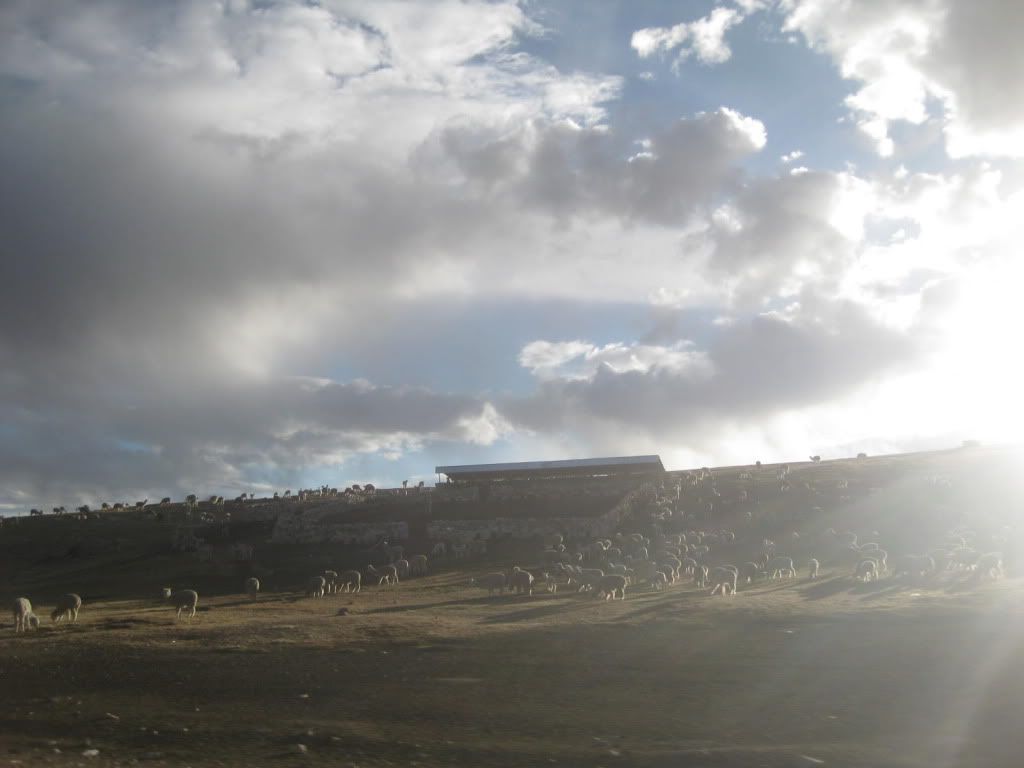
The sun soon set and the temperature began to drop even further. I gave it a good fight, but a few minutes later, teeth chattering, I pulled over and told Michelle we wouldn't be making it any further. Luckily camping is incredibly easy to do in the tundra. Thousands of square miles of open space, and stealth isn't really required since there is nobody out there to hide from. We go a few hundred feet off the road and set up camp by the light of the ninja's headlamp.
The night is cold and restless. The freezing ground really makes me wish I had decided to bring a sleeping mat of my own. Michelle's cheapo 3/4" foam pad really does wonders. We empty all the clothes we weren't wearing into the floor of the tent and hunker down like gerbils.
As soon as it's light outside I hop out of the tent, anxious to get moving. Thick frost covers everything.
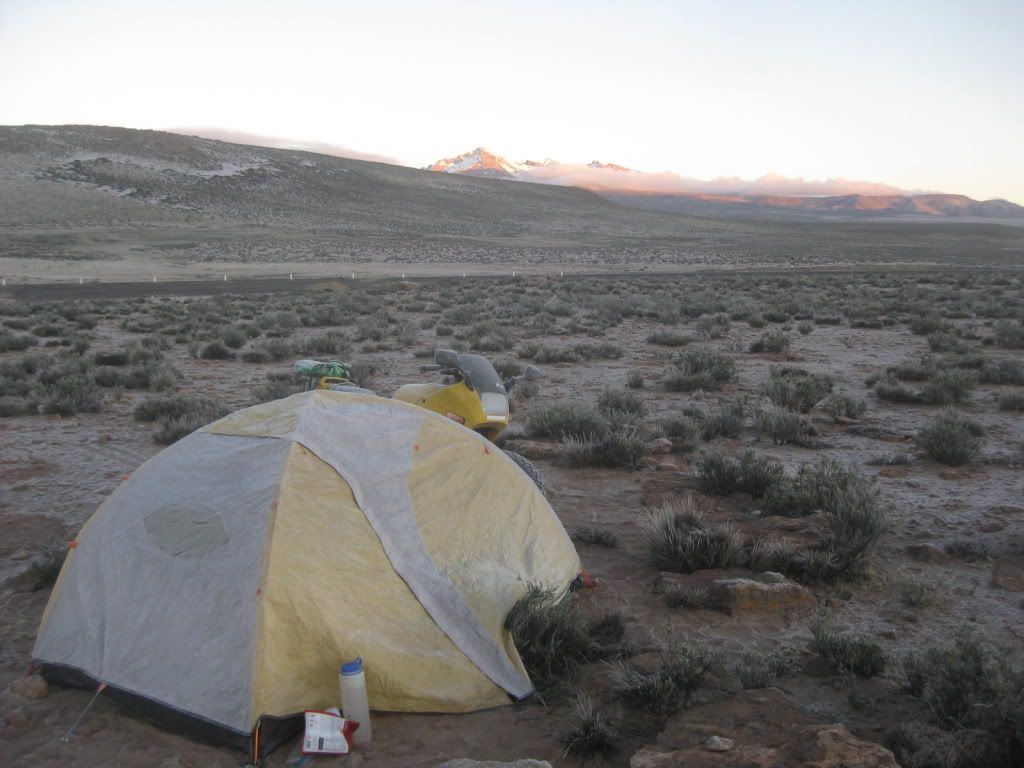
Guess we won't be riding anywhere till the sun hits...
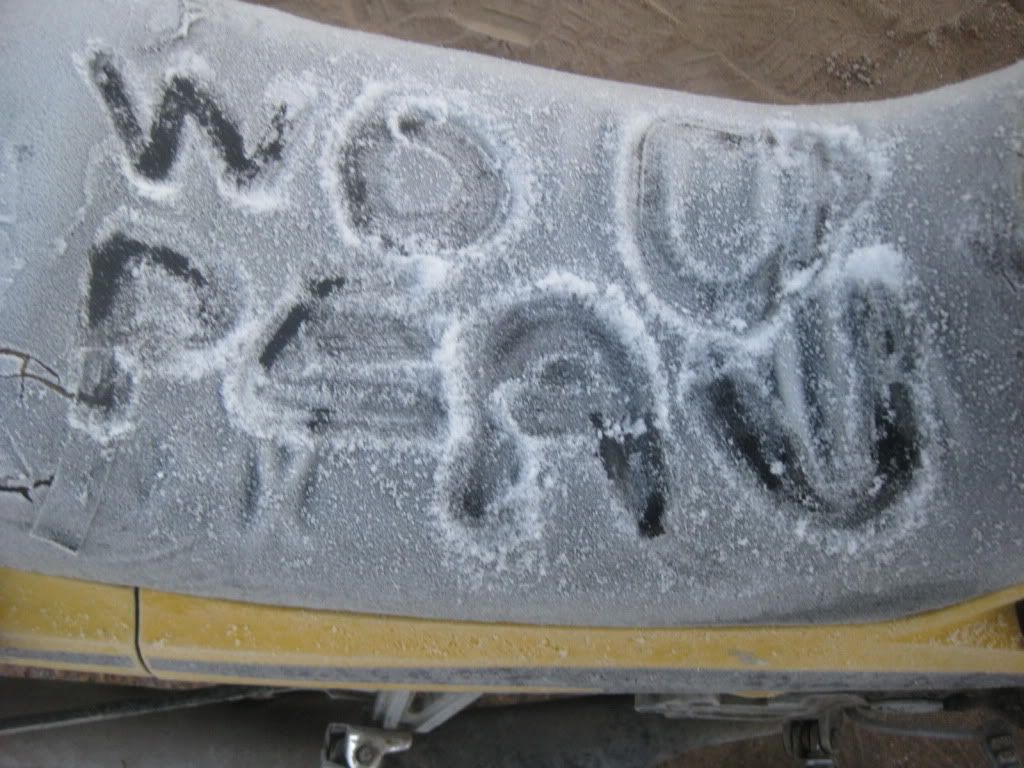
(That reads "woo peru". My actual handwriting is just as bad)
In another hour we're packed up and ready to go. Frost is still everywhere, so I take a rag and give the bike a good wipe-down. Unfortunately it takes a little bit longer for the ninja to decide she's ready to go. I cranked and cranked and she sputtered to life a little bit but overall even with full choke she wasn't happy. It was at this time I realized the petcock was leaking fuel. Not too much, but enough give the engine a light coating of gasoline while idling. No biggy! I was concerned, but suspected that it had been going on for quite some time and realized there was nothing to be done about it until we reach a real town.
And as with every starting problem I've ever had with the little ninja, she forgets about it in half an hour and fires right up. We begin the blast down to Tacna!
On the way we stumble onto mars. Vegetation and signs of life stop completely. The landscape is completely bare of even a shrub.

Still cold though.

A video! Great to watch if you like the sound of wind on a crappy camera microphone!
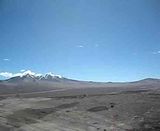
As we descended further the shrubbery began to appear, but it was still an incredibly craggy, dry landscape we travelled through.

(Get used to this color. As it turns out, we were about to enter the top of the Atacama desert, according to national geographic the driest desert in the world.)
Ate lunch in Moquegua. Surprised to find how much more expensive food was in the lowlands of Peru. In the mountains we would routinely eat dinner for $1usd each. Here is was incredibly expensive, close to $2usd per person! Outrageous!
Within a few hours we were in Tacna.

We were excited to get into Chile, but we had a few things to take care of. My first order of business was to attend to the petcock. I took off the tank off and diagnosed a bad petcock diaphragm. Damn vacuum operated petcocks! No such things as "Kawasaki" here in Peru, but our hotel was right next to a little Suzuki shop. We walked the tank over and had the mechanic see if he had anything that could fix it. He ended up fashioning a new backing from a piece of metal and created a new gasket to replace the diaphragm.
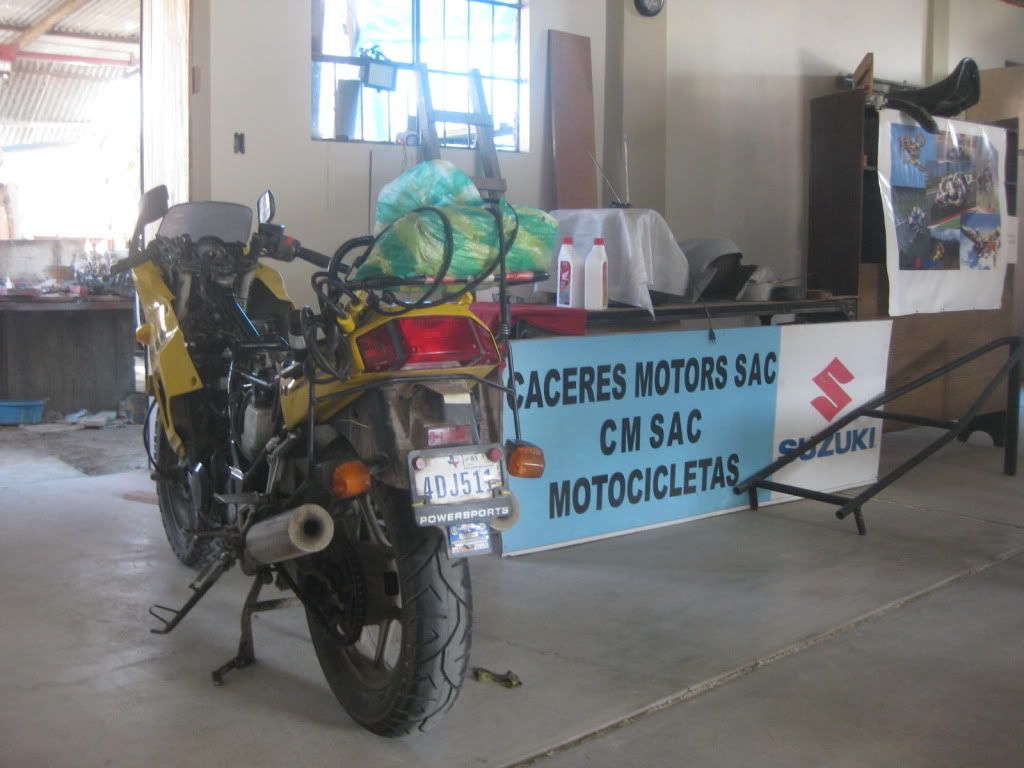

I was pretty impressed by the ingenuity. Unfortunately the gasket did not hold, and the petcock was leaking fuel as badly as ever within a few dozen miles. Oh well, just precious money wasted. We spent two nights in Tacna. Like all border towns there was nothing much to see in Tacna, but like all border towns it was an efficient and inexpensive to get miscellaneous things done.
It was also around this time that we finalized our departure plans. Heartbreaking as it was, our small amount of money was slowly running out. When we had arrived in Panama a few months earlier we had a decision to make. Do the responsible thing and turn around, or go for broke and see as much as we could in South America. We knew when we got on the boat to South America that there would be no return trip, the money and the time would not be there for another return crossing. It was a tough choice, missing out on an entire continent and all the adventures it held, or committing to returning broke, bikeless and jobless.
Since I've been posting from South America it's clear what choice we made, but the more we looked into it the harder it seemed to leave the bike behind. According to everything and everybody we talked to it seemed virtually impossible to sell the bike in most South American countries, especially the Chile and Argentina where we were heading. Luckily, we had been in contact with a sympathetic buyer who could get around the… paperwork issues…. regarding the sale of motorcycle. He was trustworthy and waiting in Lima for our return. In the meantime we had been scouring flights back the USA. Flights were steep but many many hours of searching finally yielded an affordable flight. Since we were virtually broke by this point we borrowed some money and purchased the flights online. We had three weeks left, a few hundred dollars, and a frantic desire to see everything we could in our little time remaining.
We packed our things and made the short 15 mile ride to Chile!

I couldn't believe it. It had been over a month in Peru, the longest we had spent in any country thus far. Now onto Chile, the longest country!















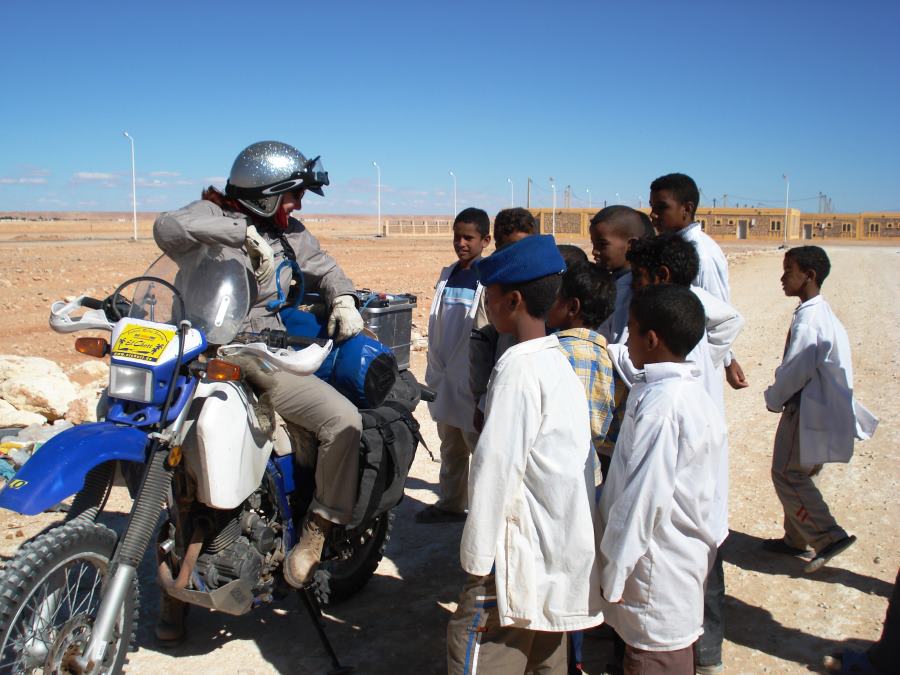
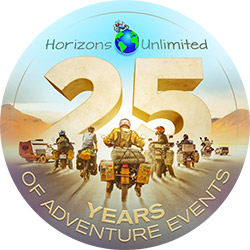
 1Likes
1Likes
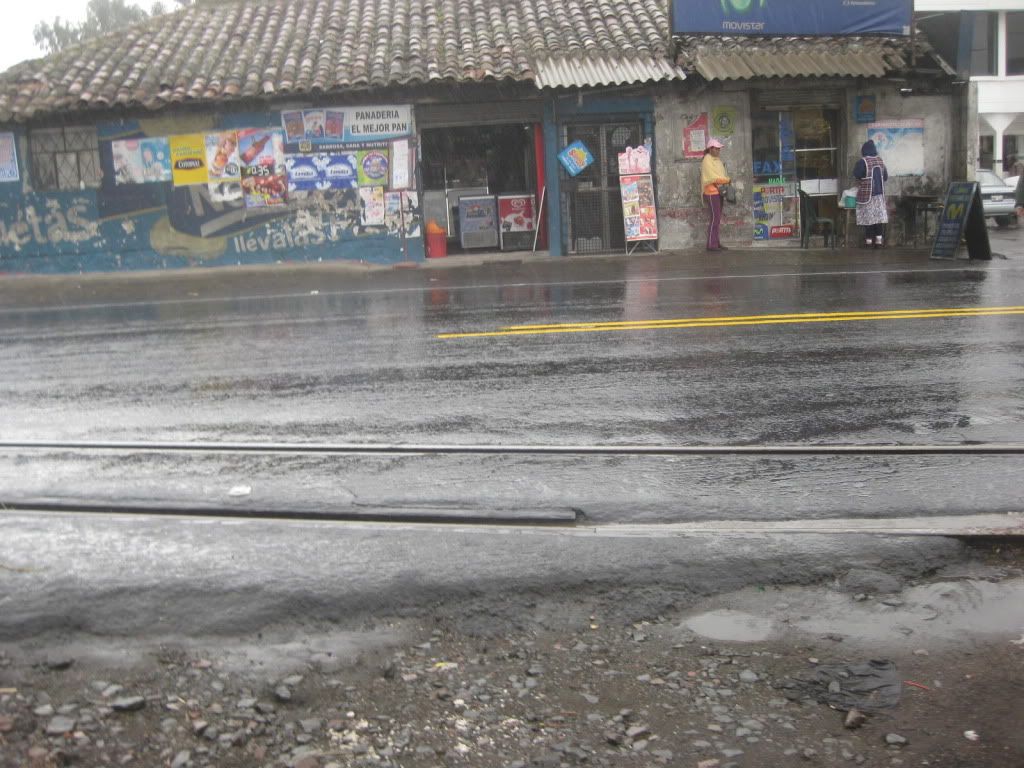
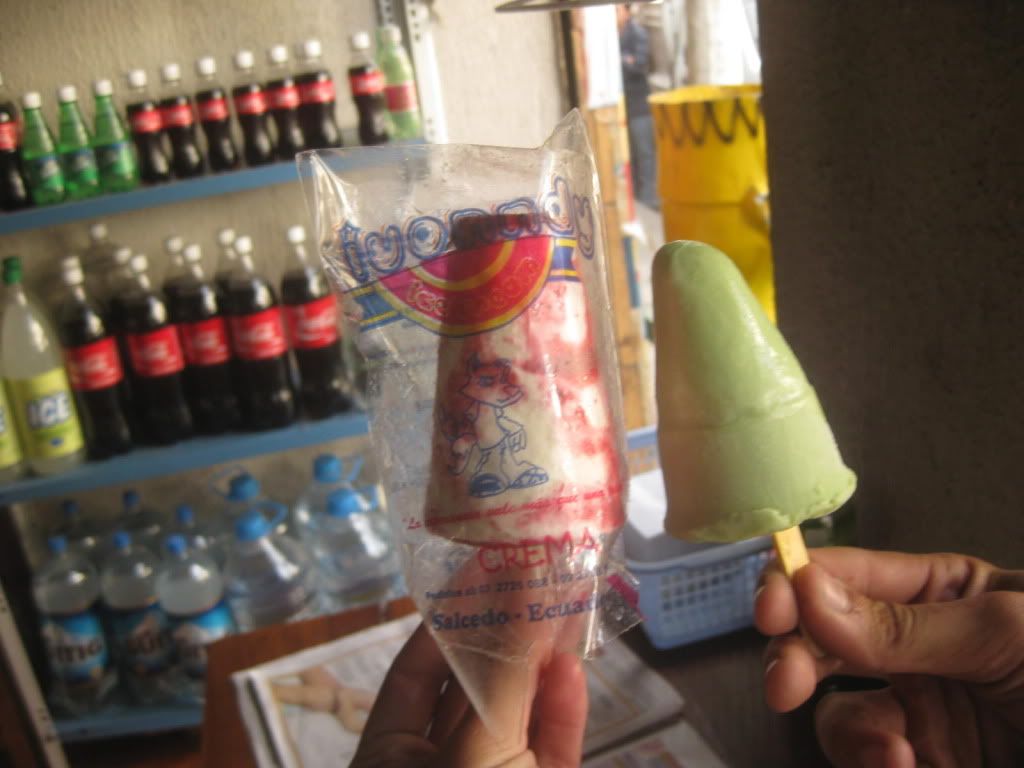
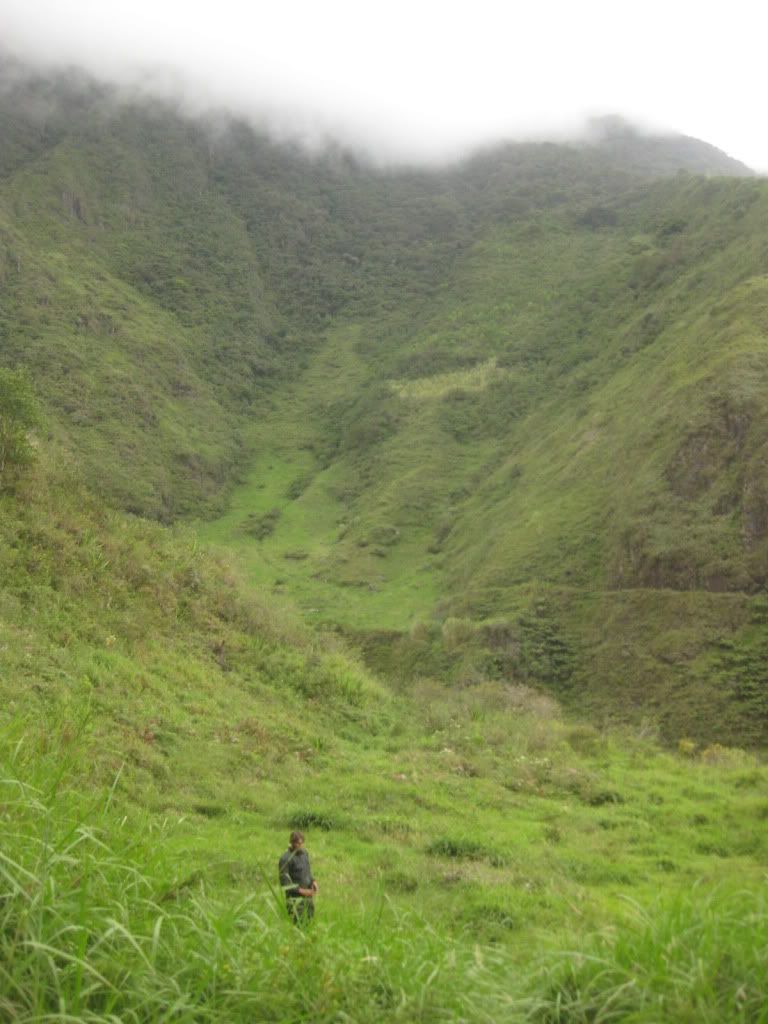
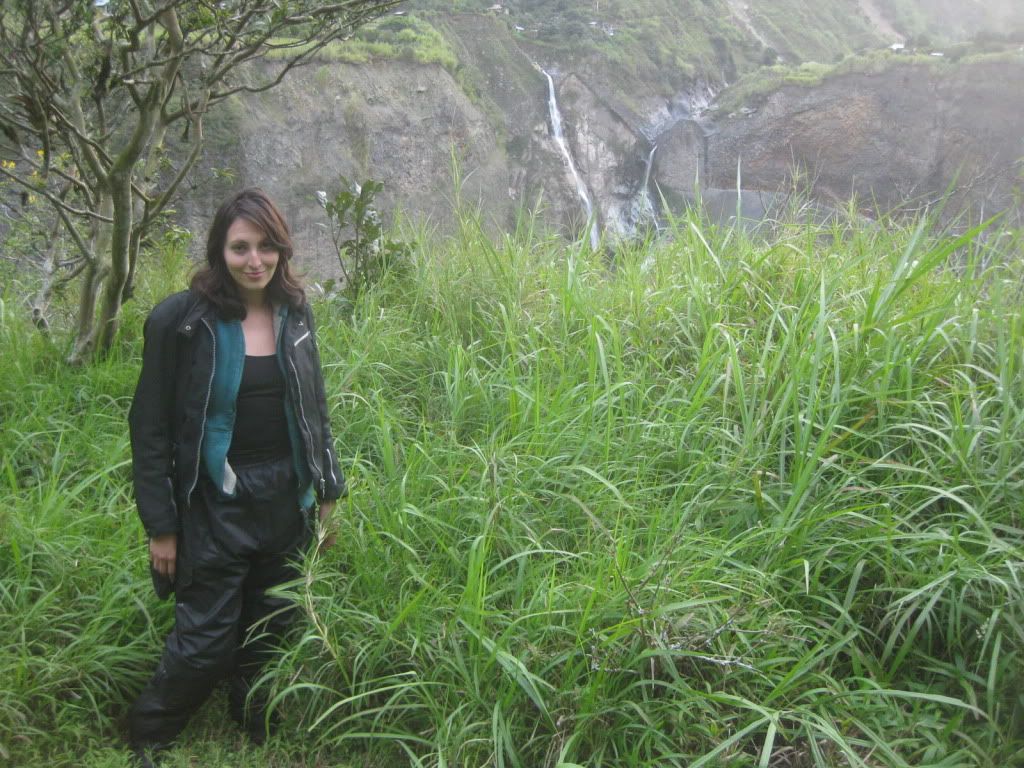
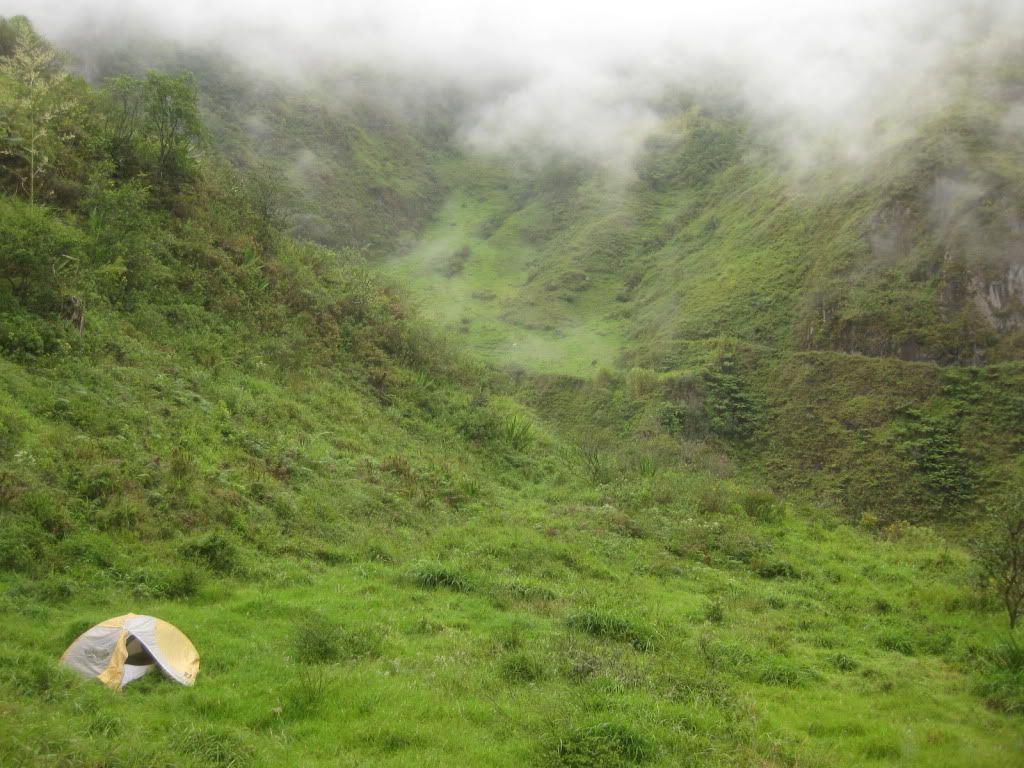
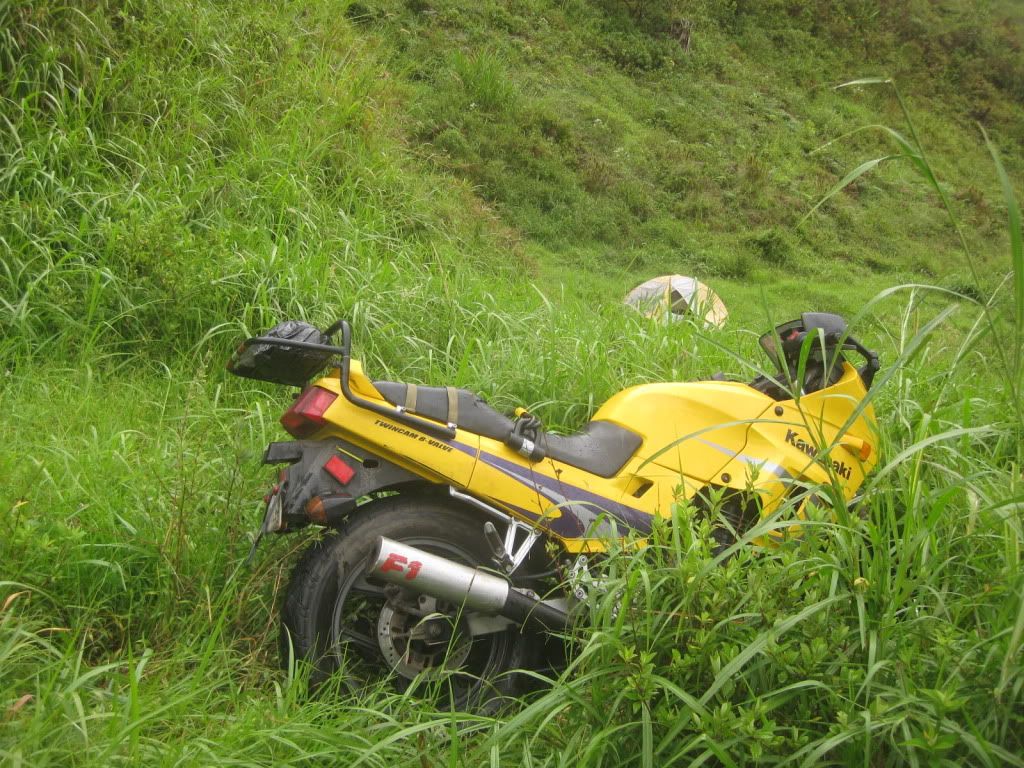
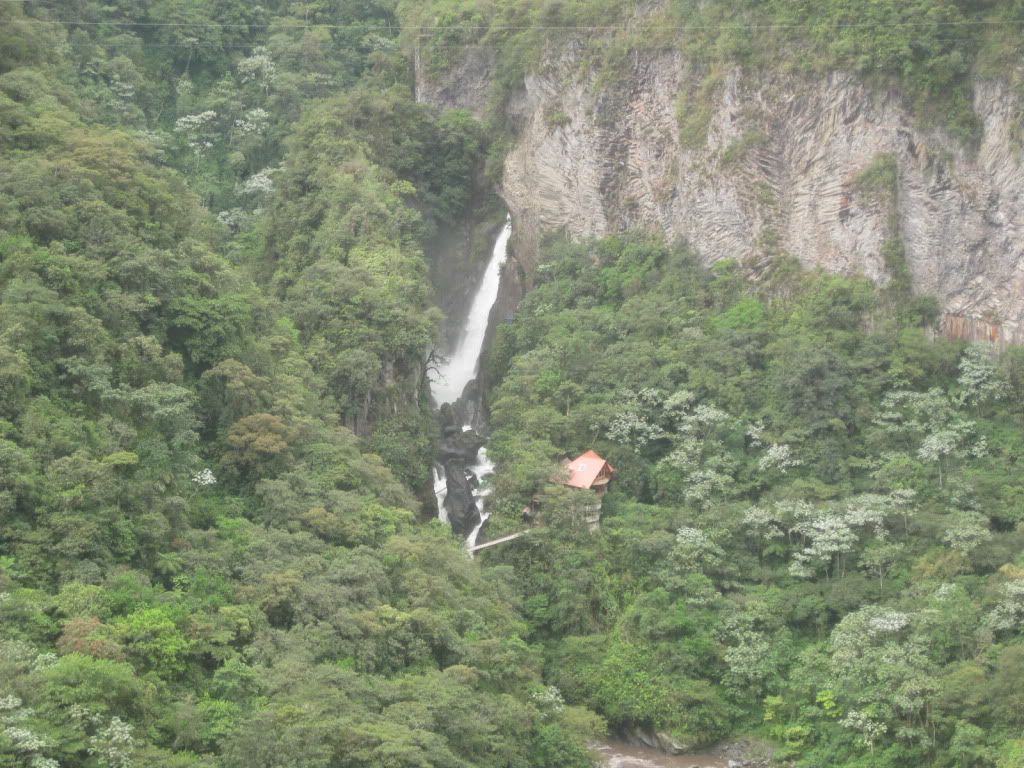
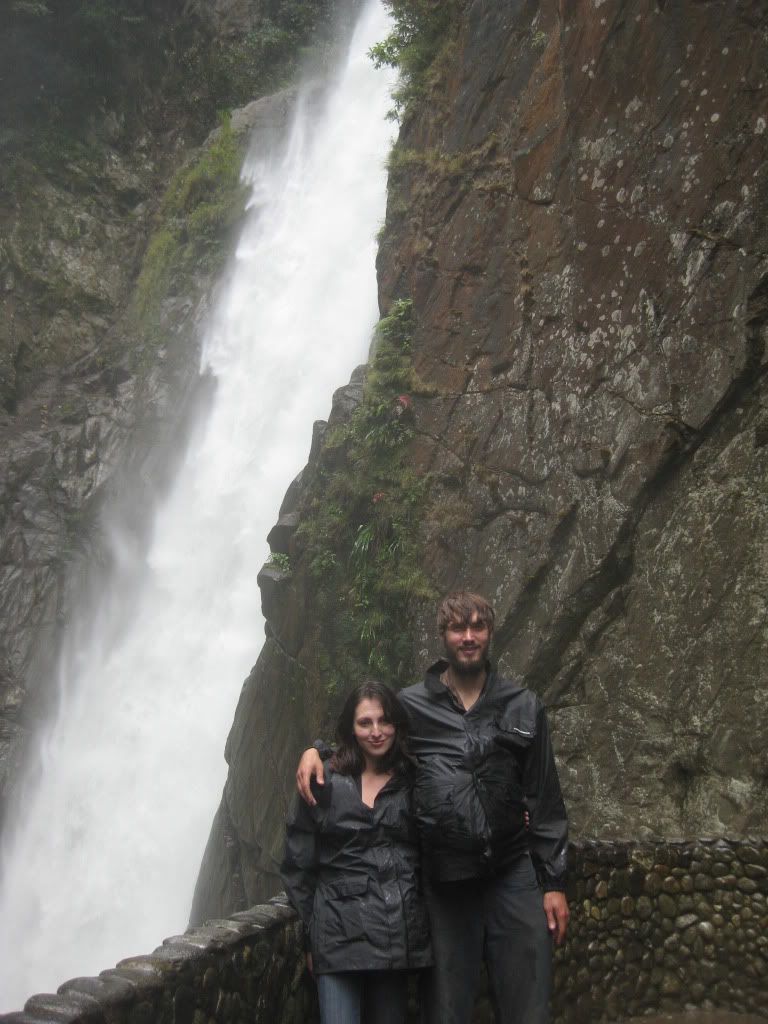
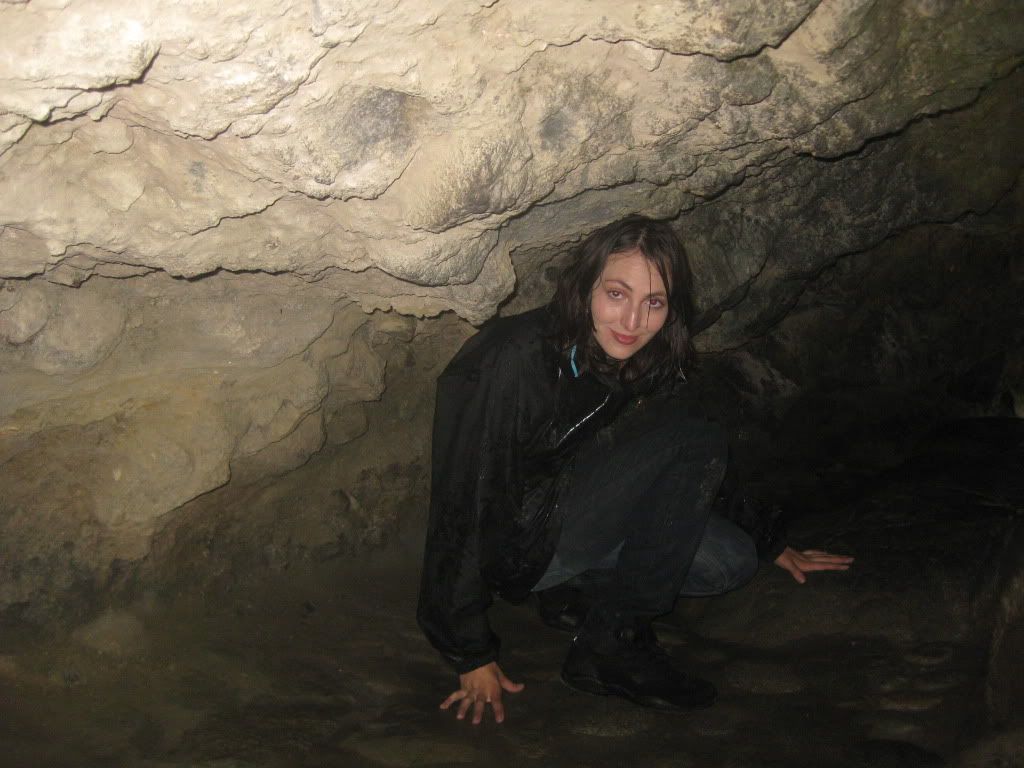
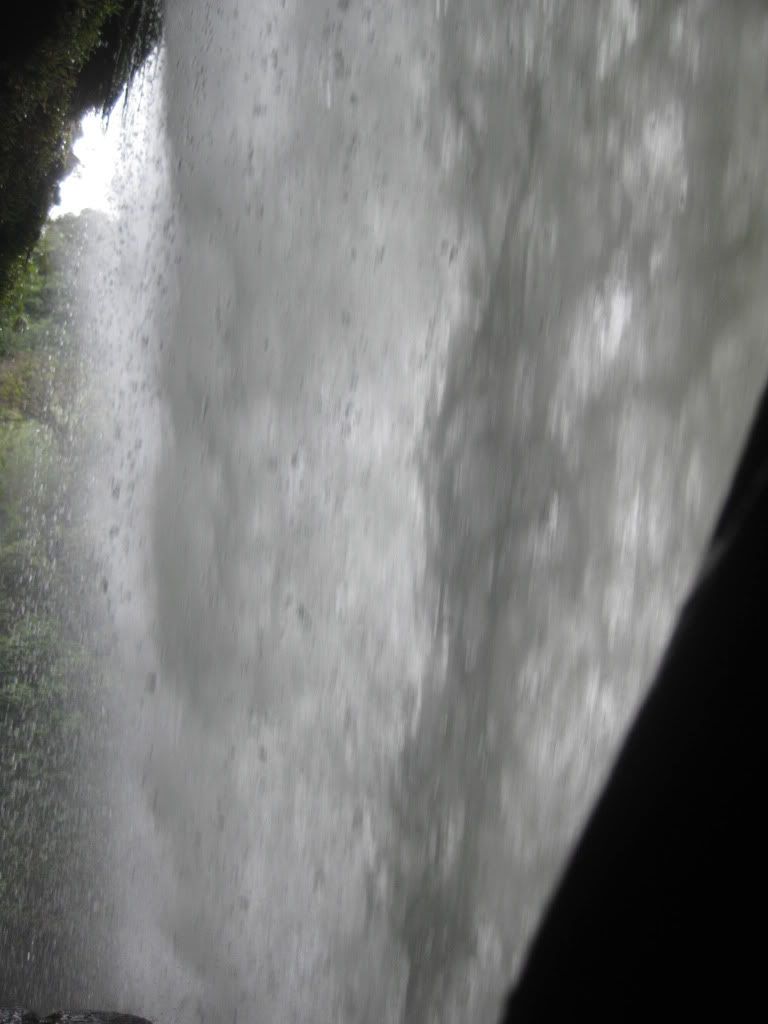
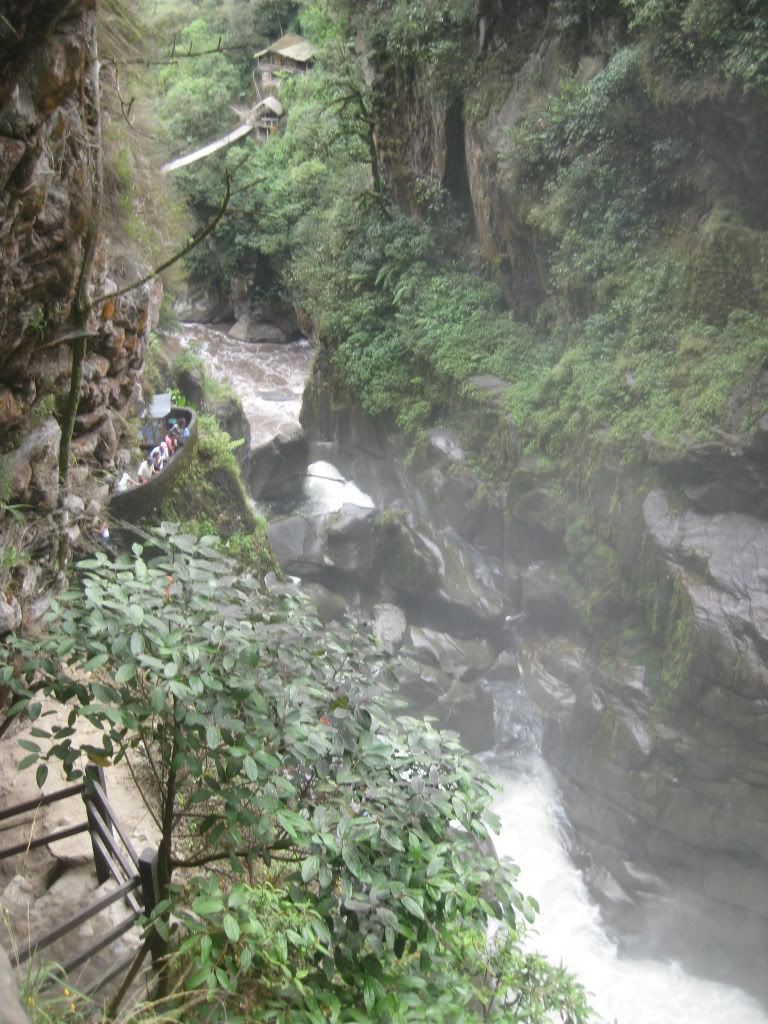
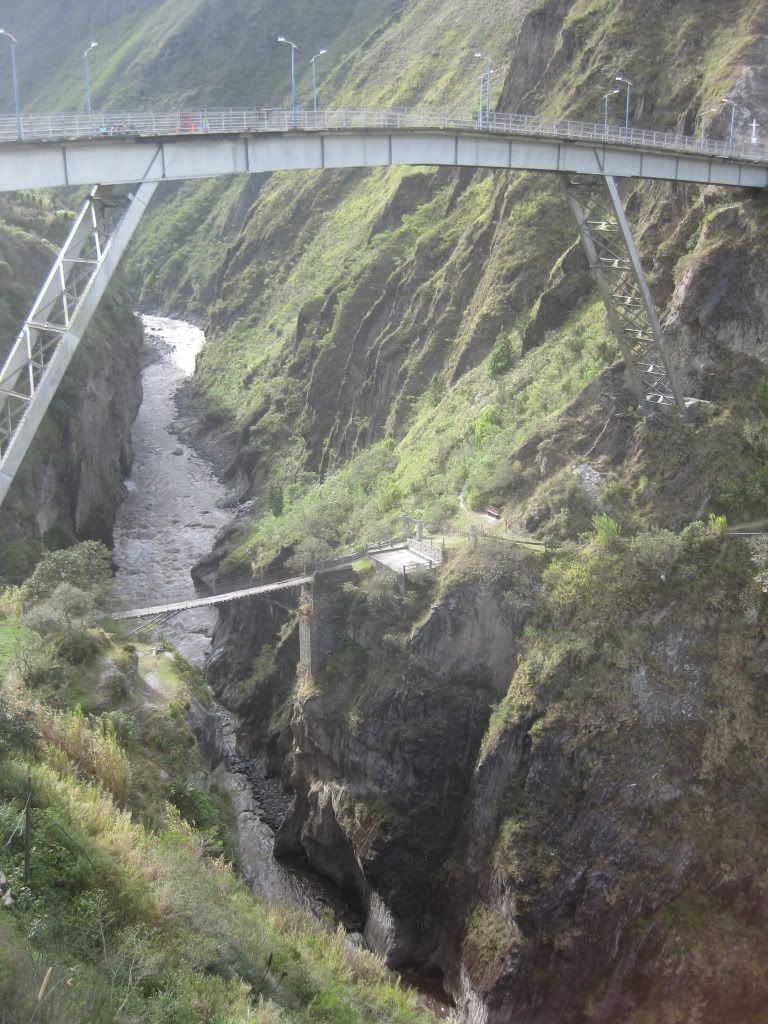
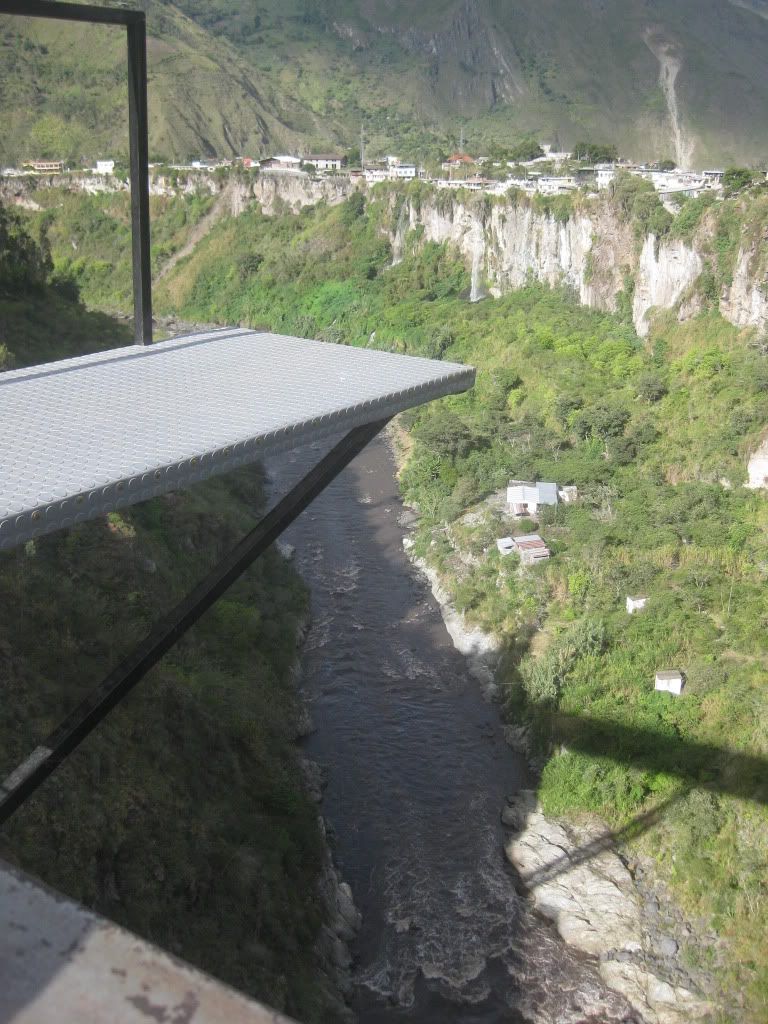
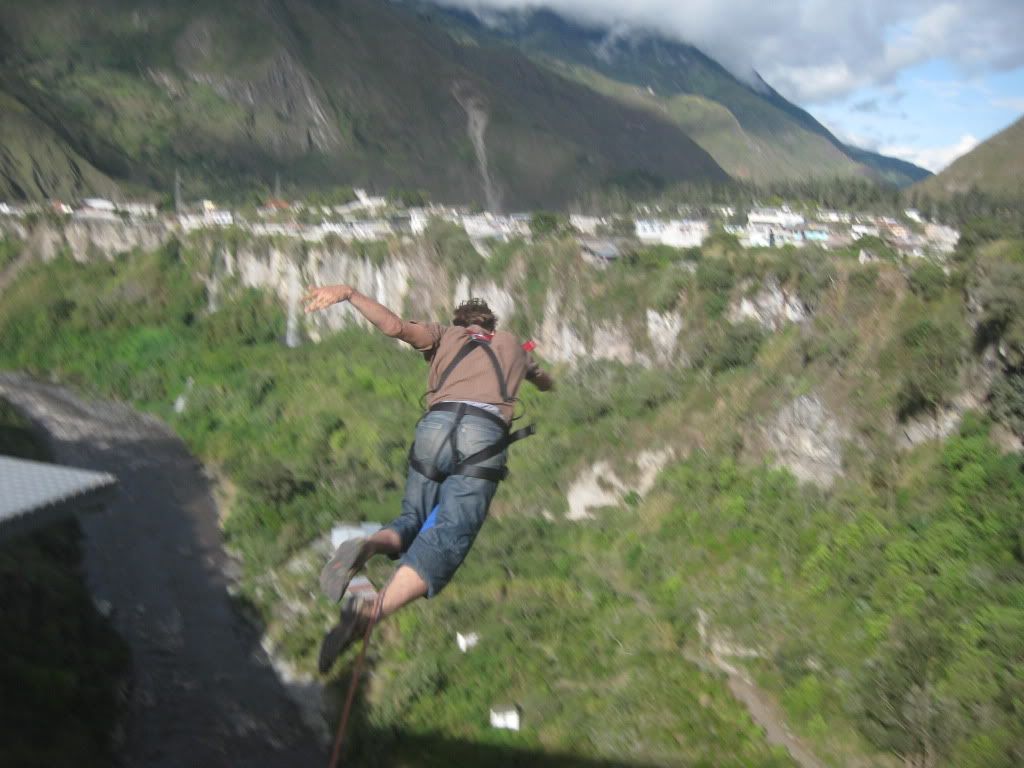
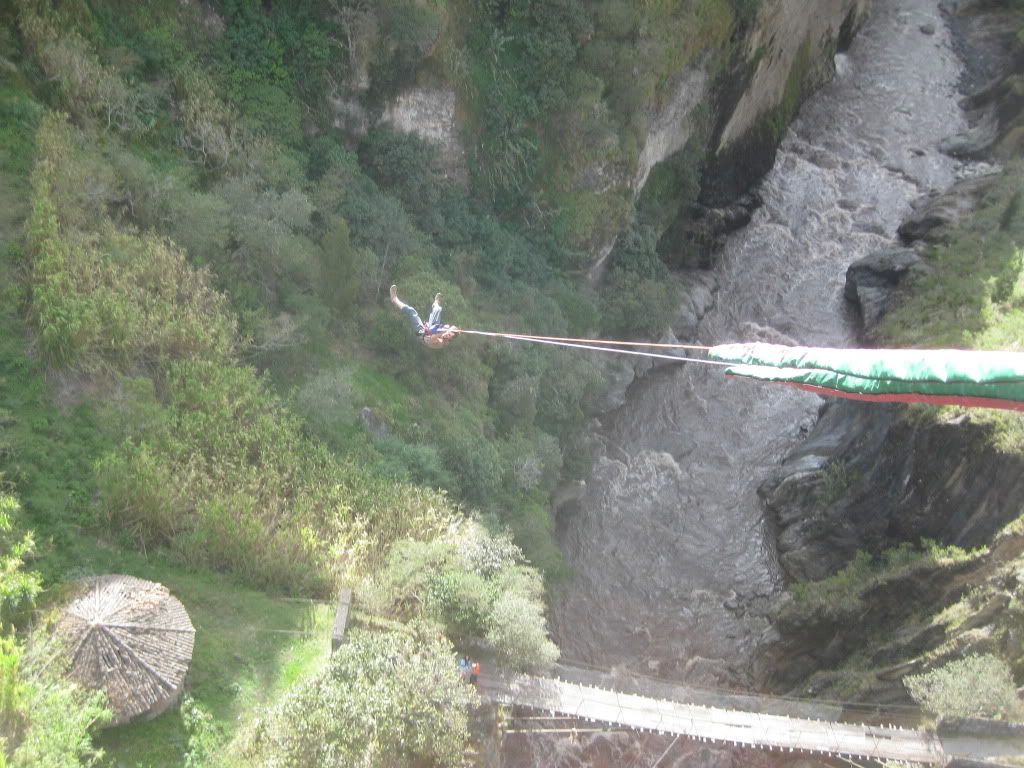
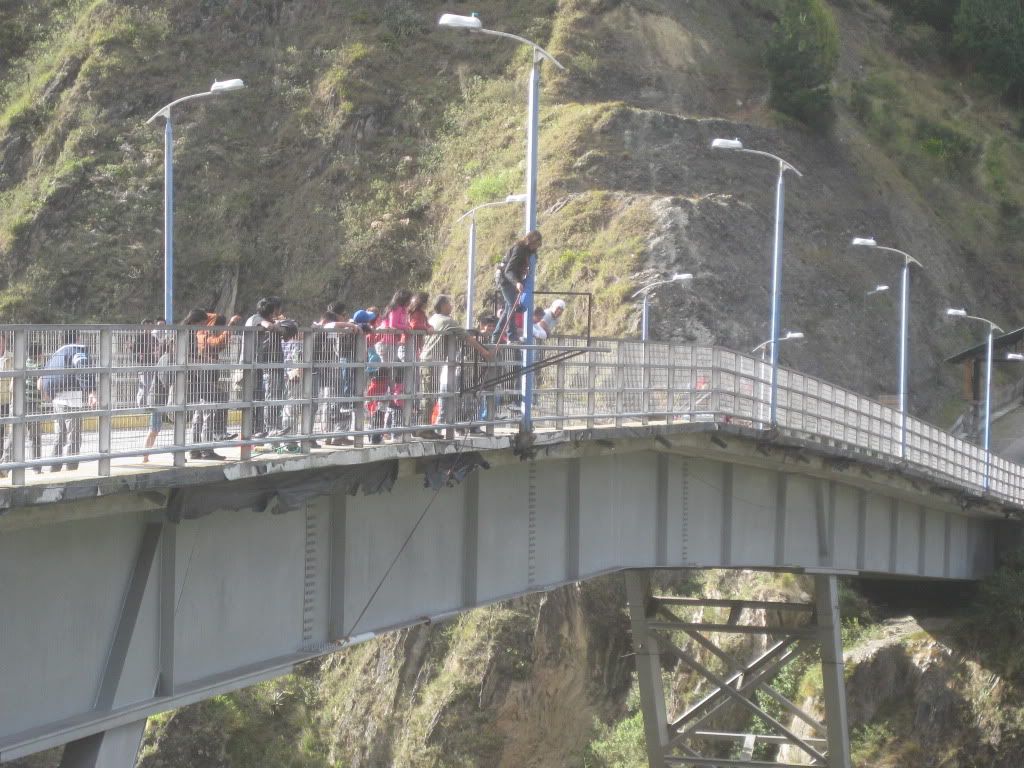
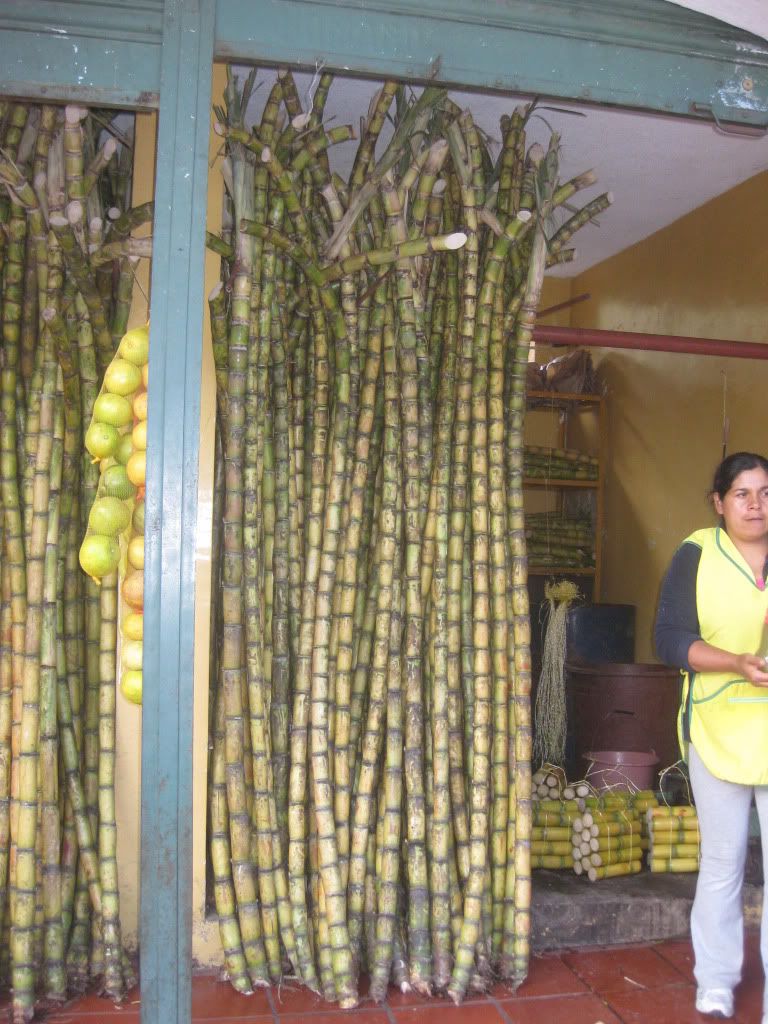
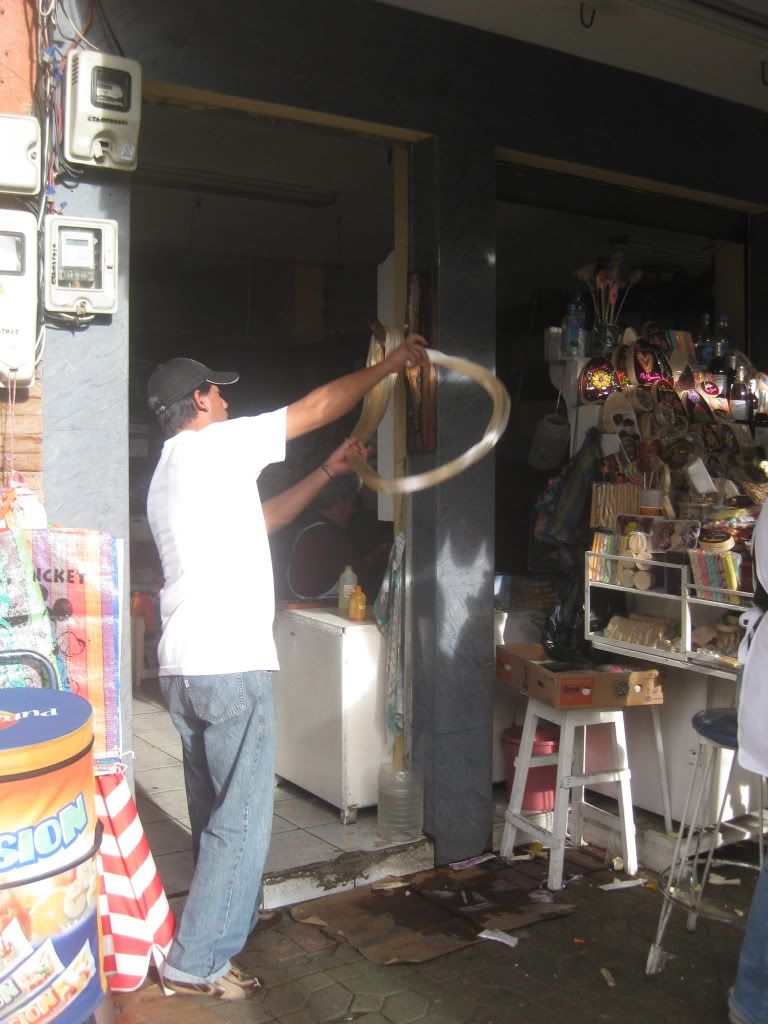
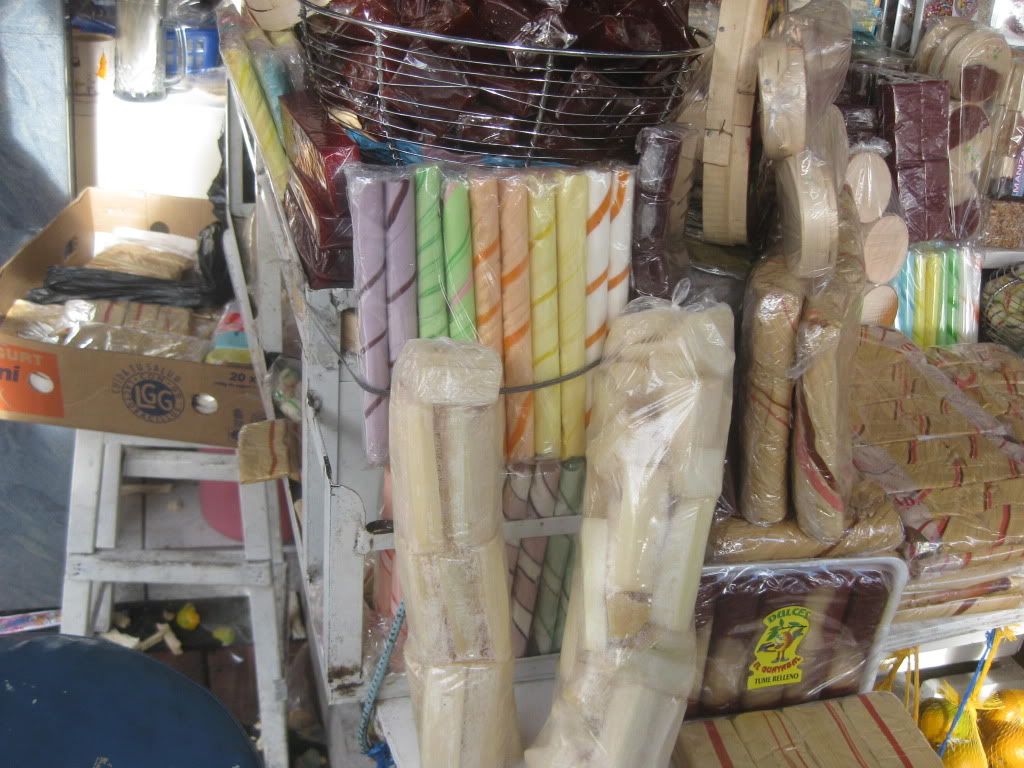
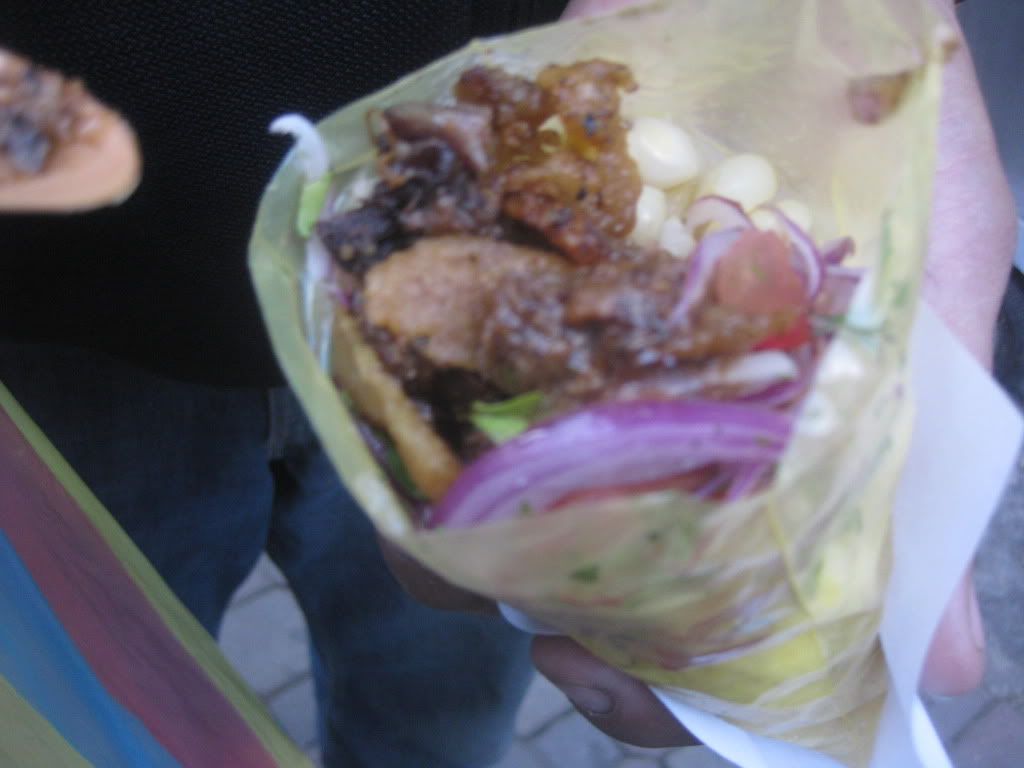
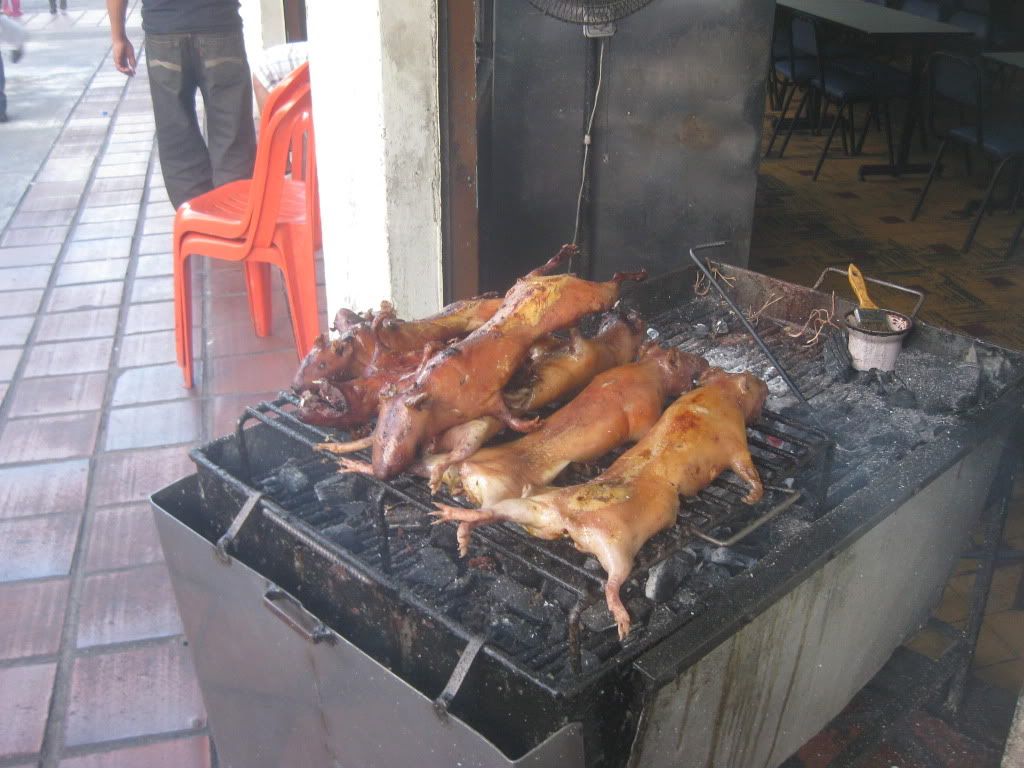
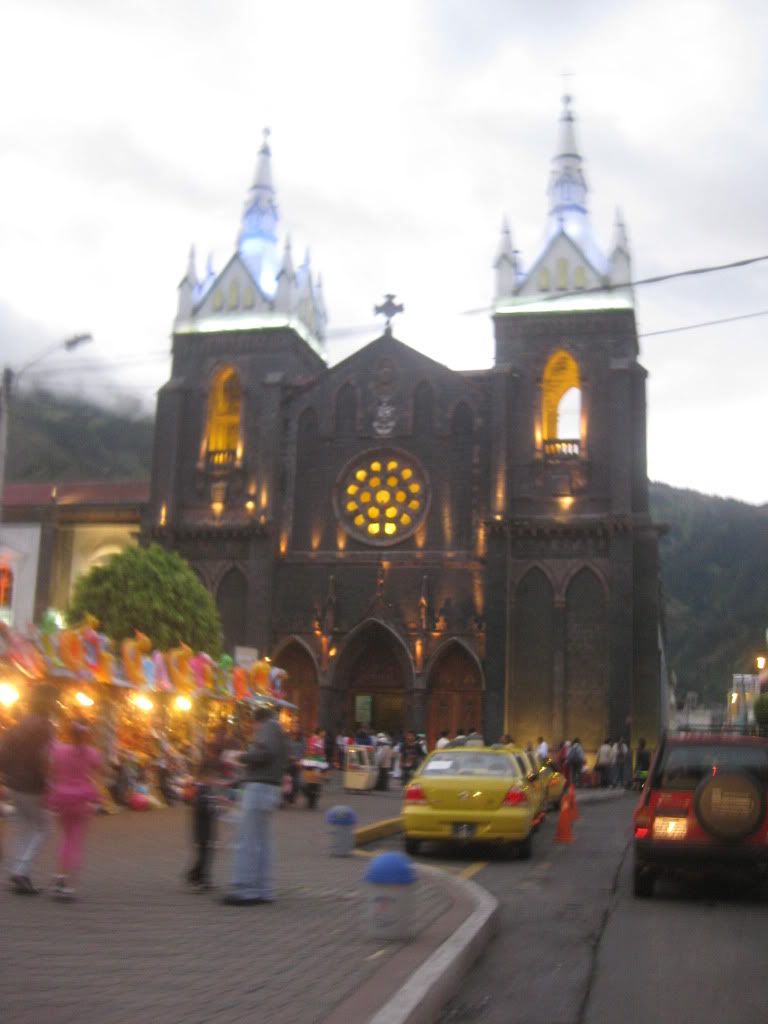
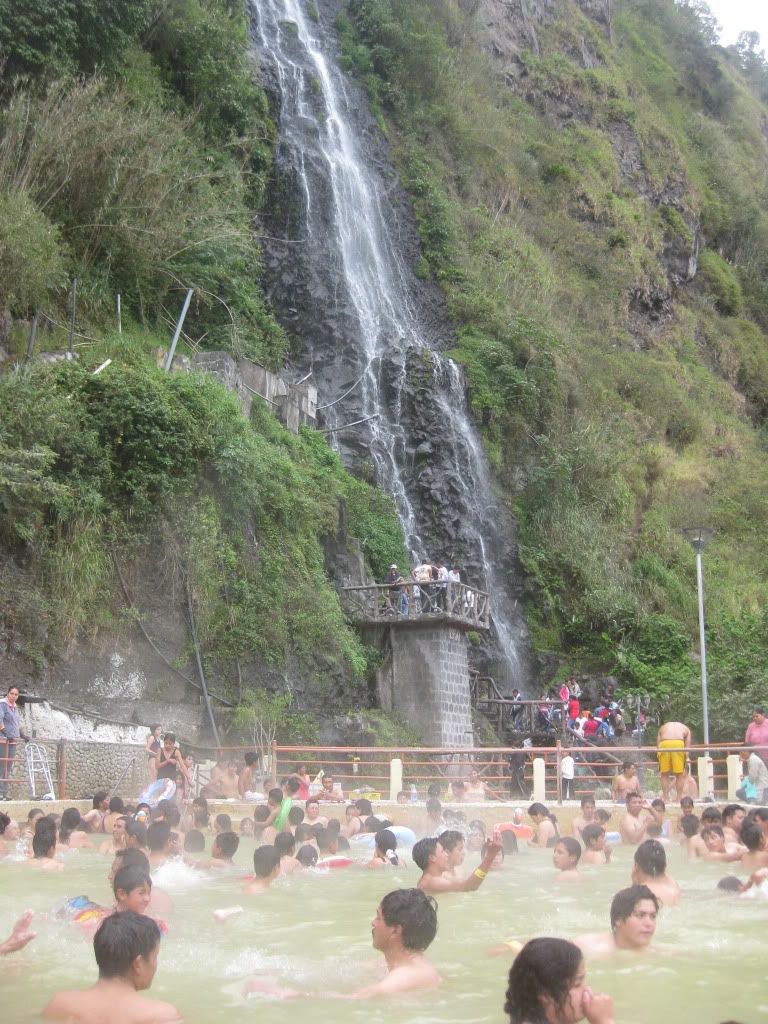
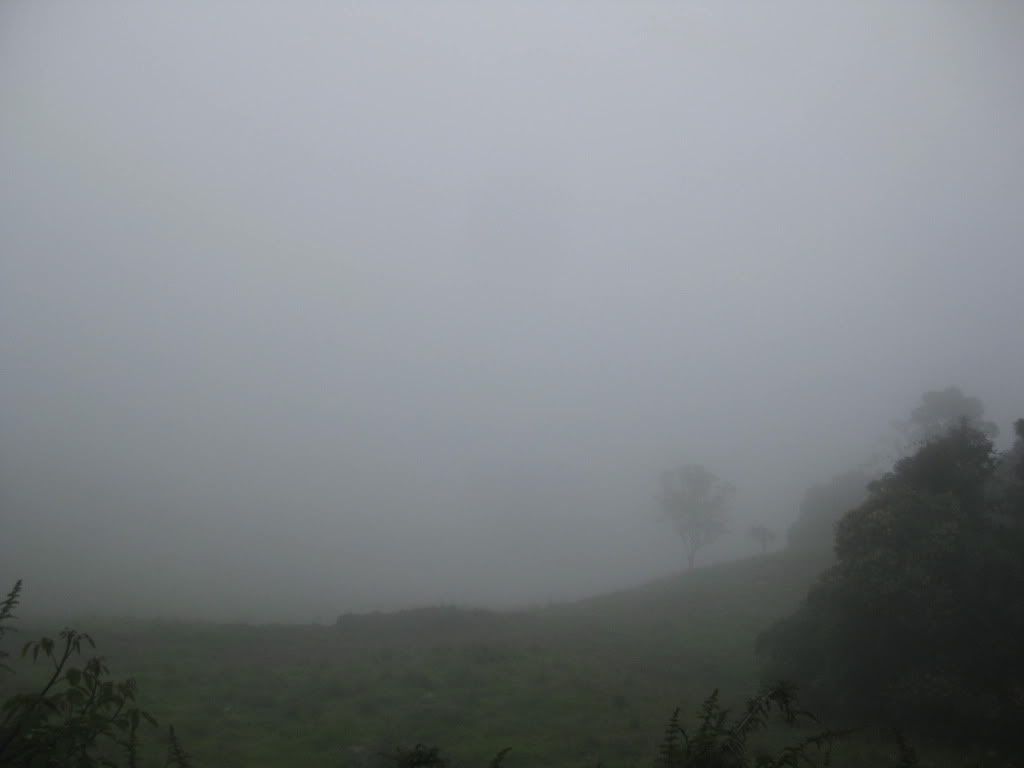
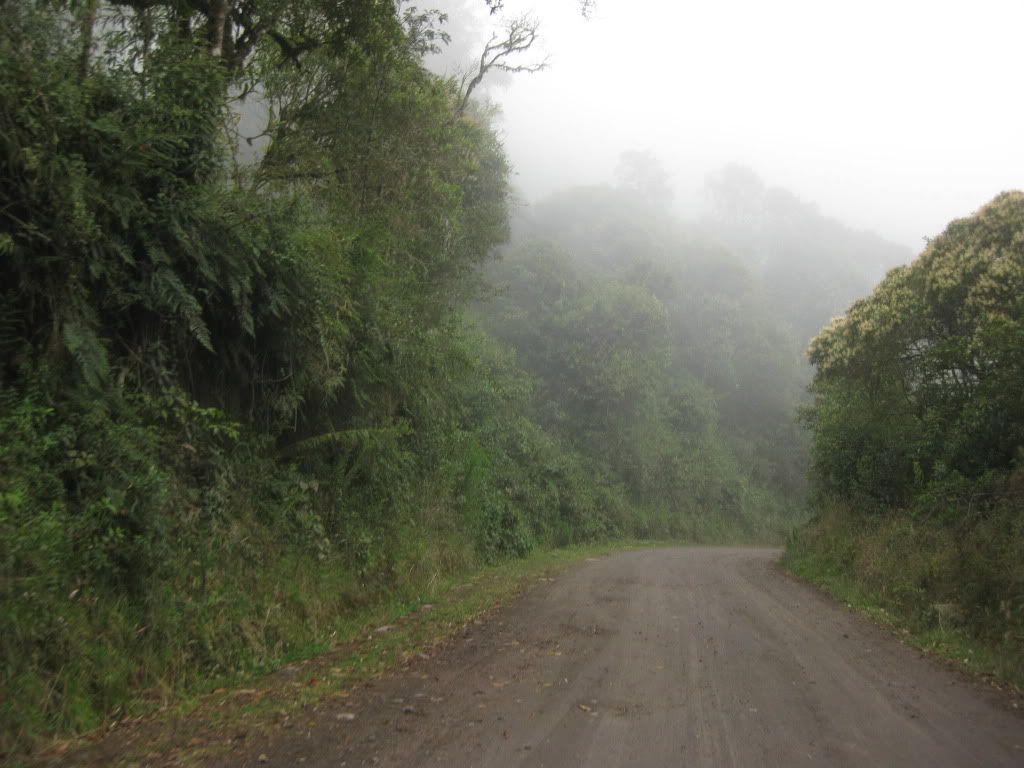
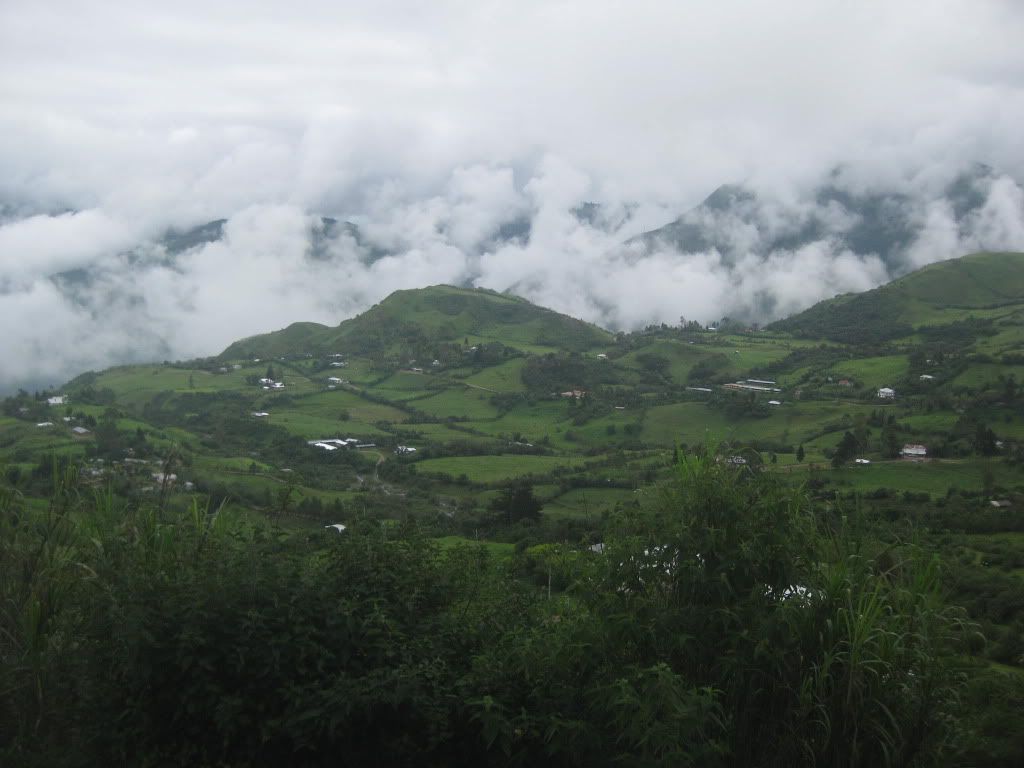
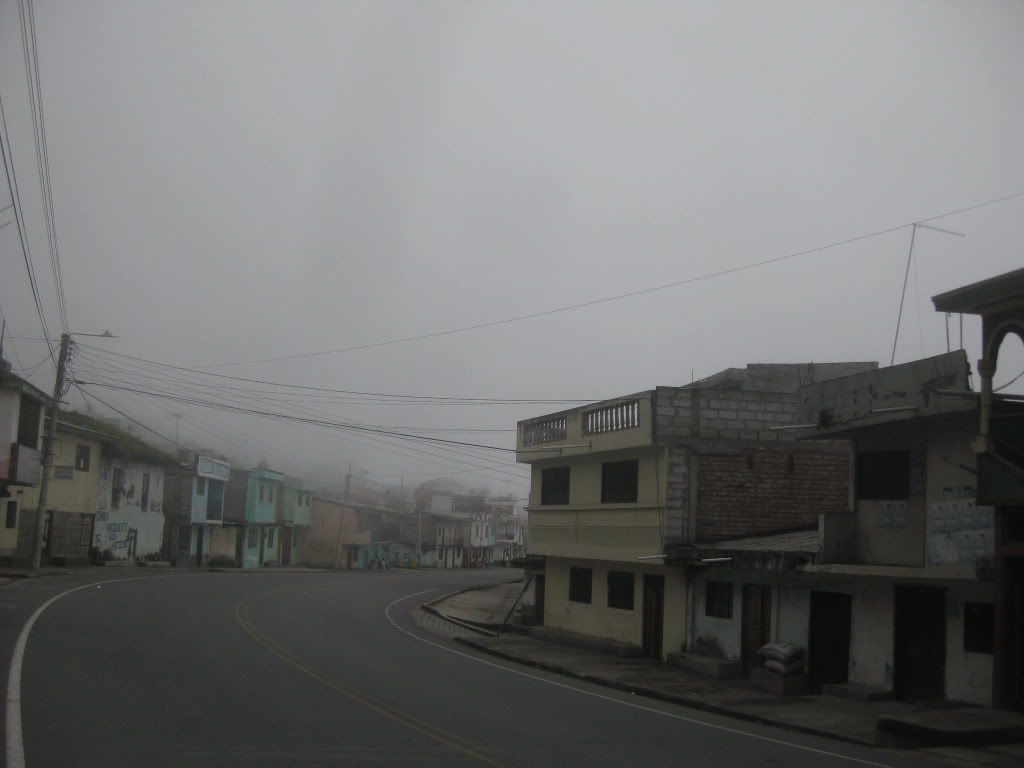
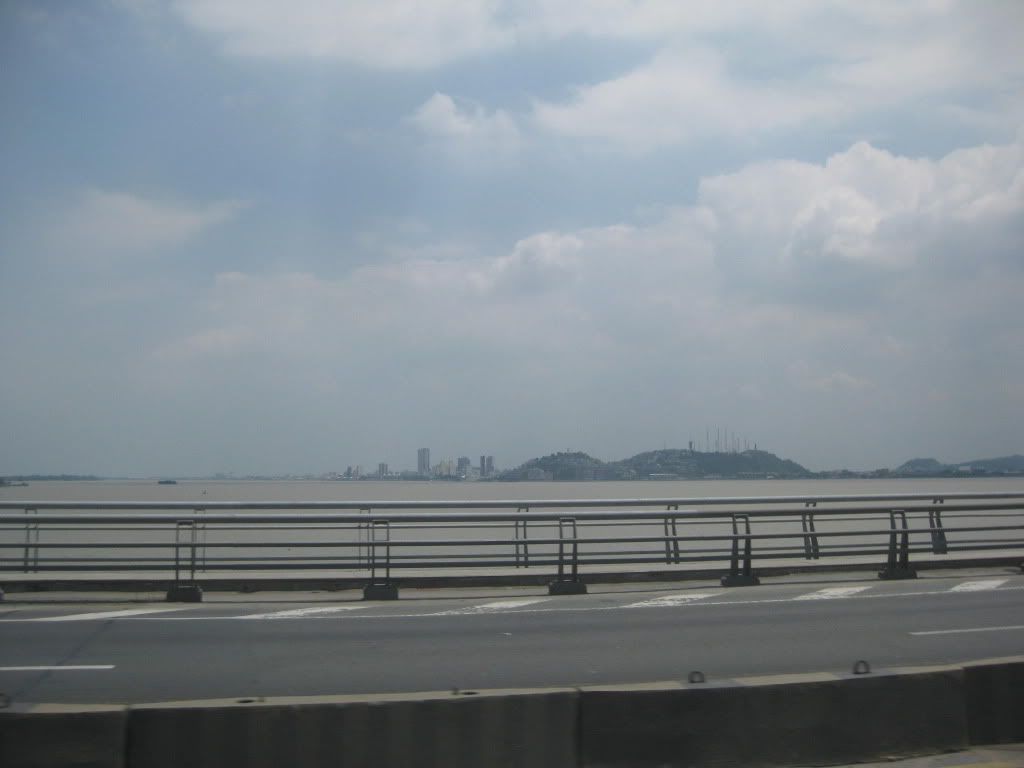









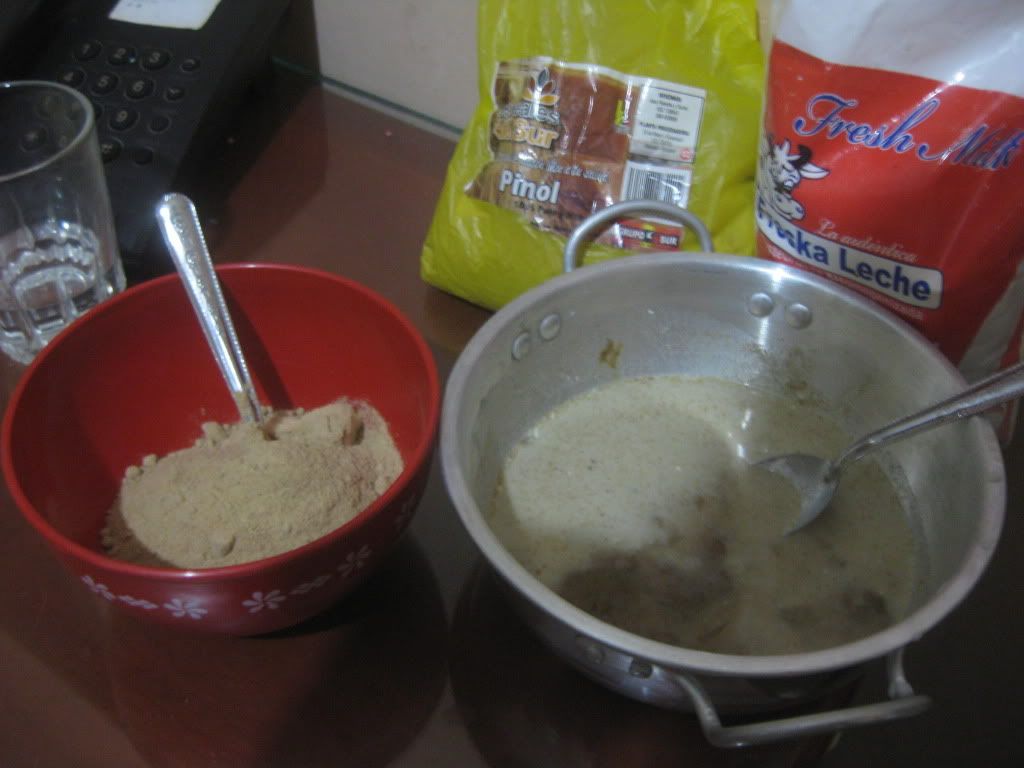
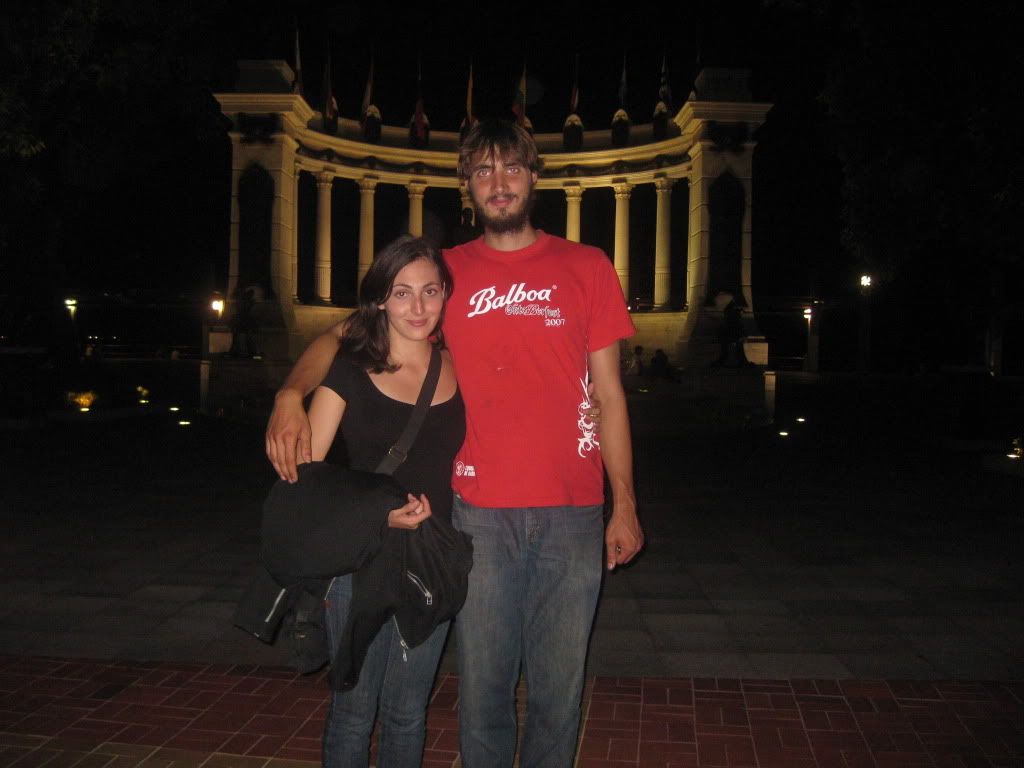
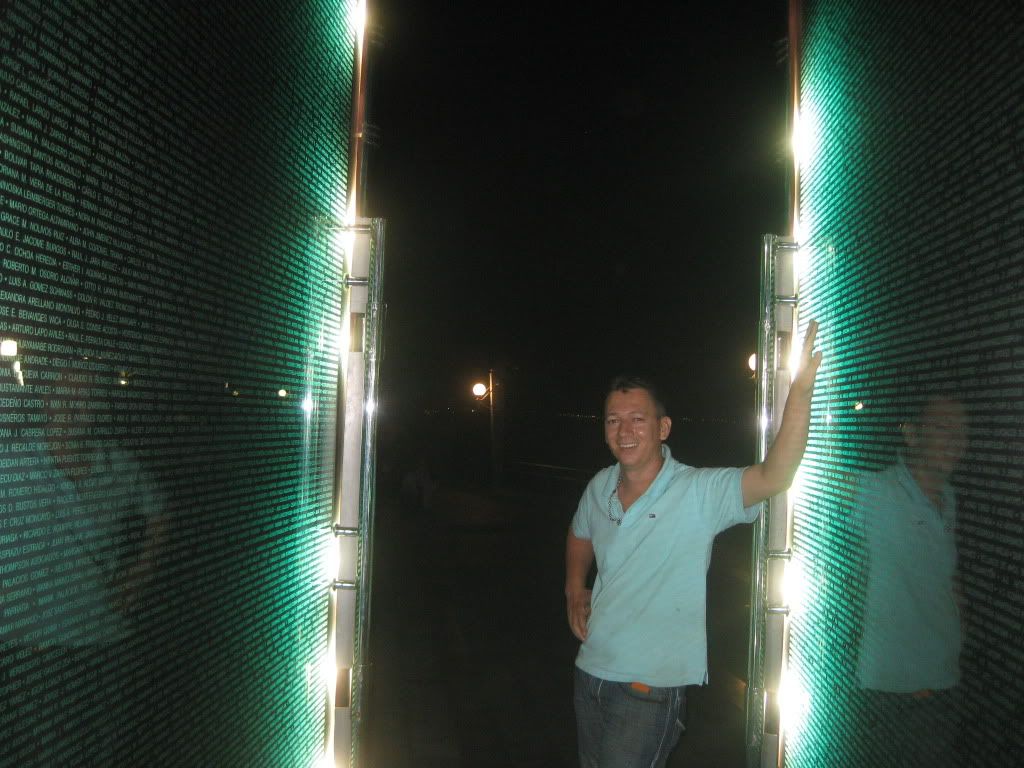
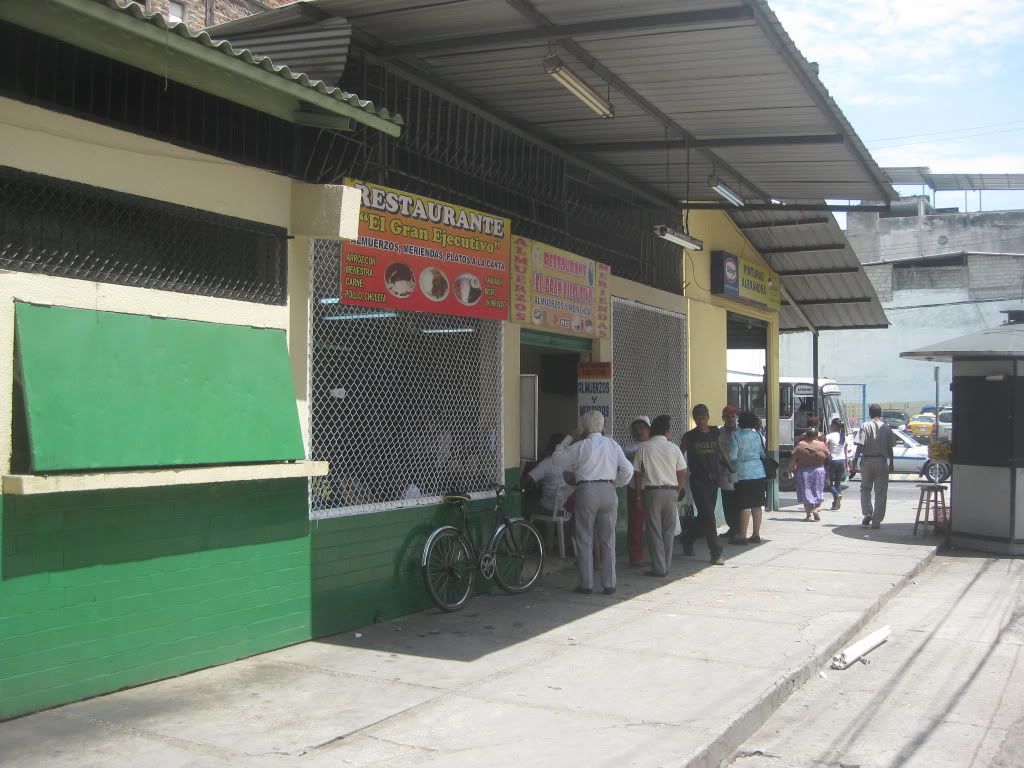

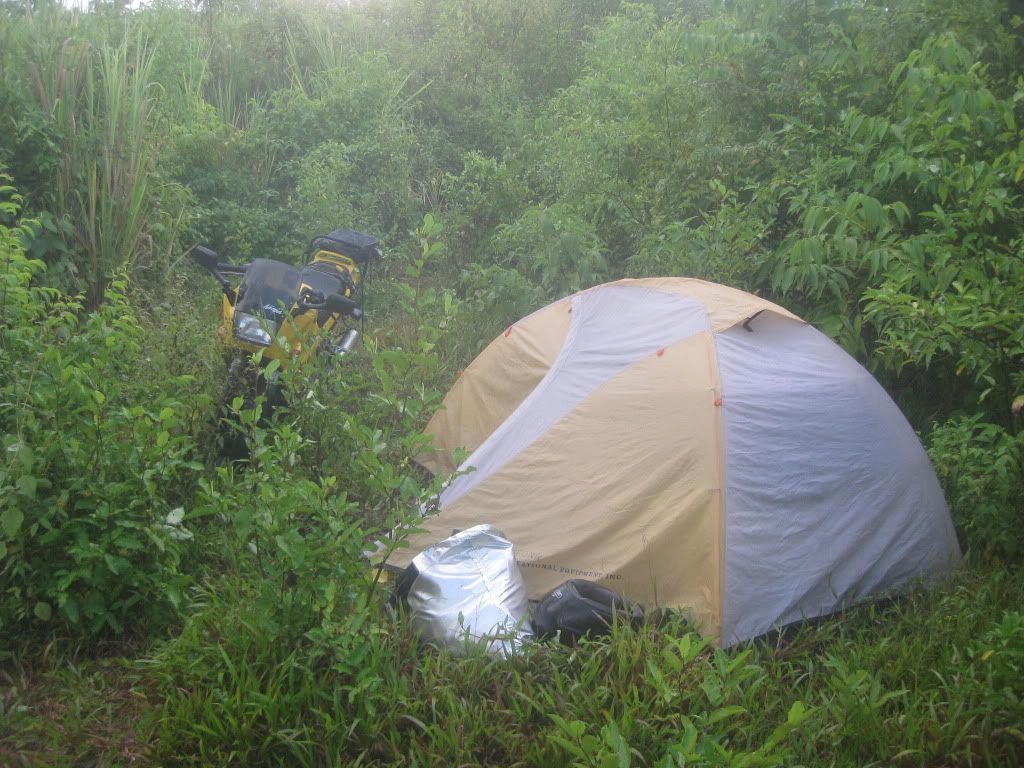
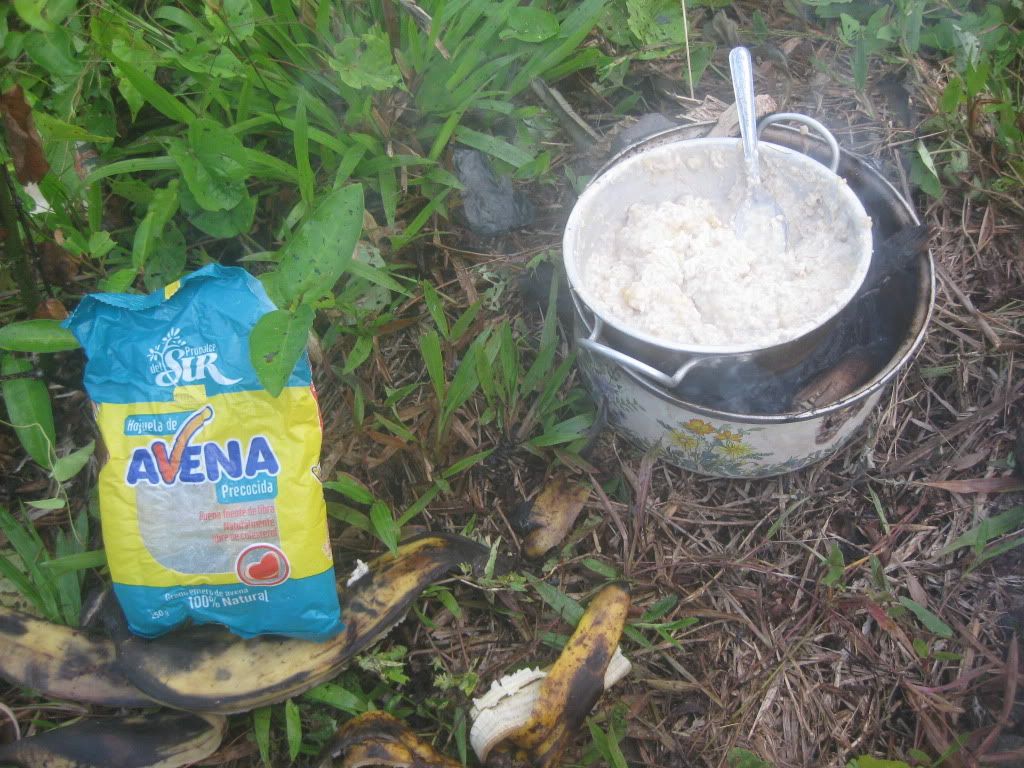
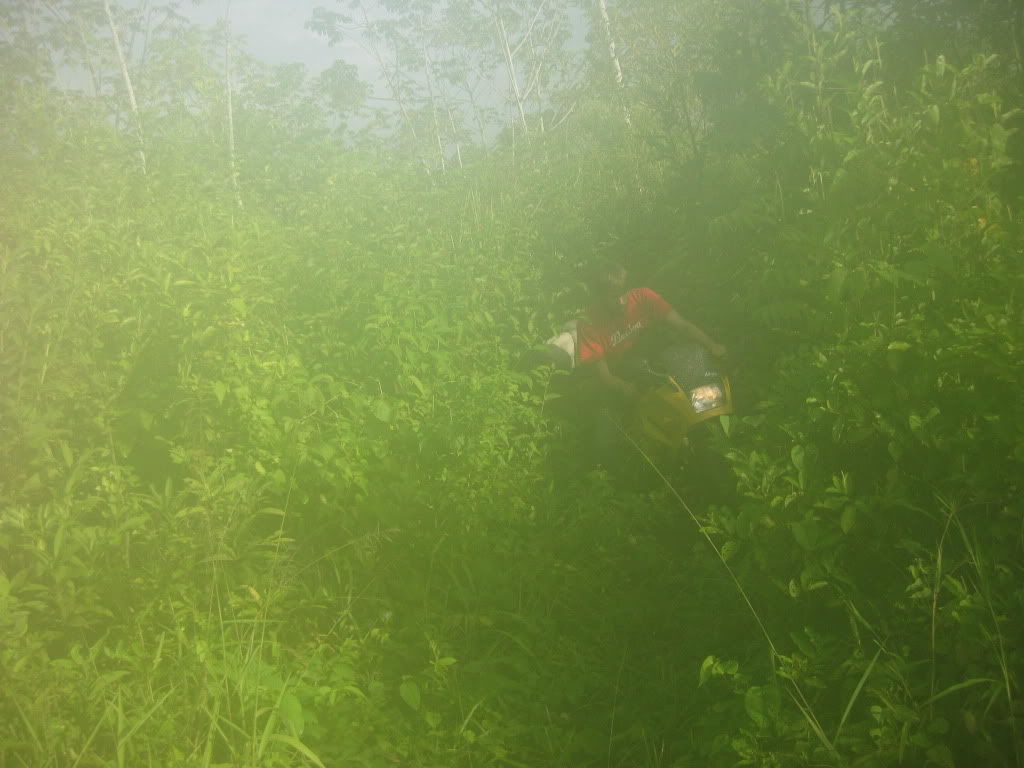

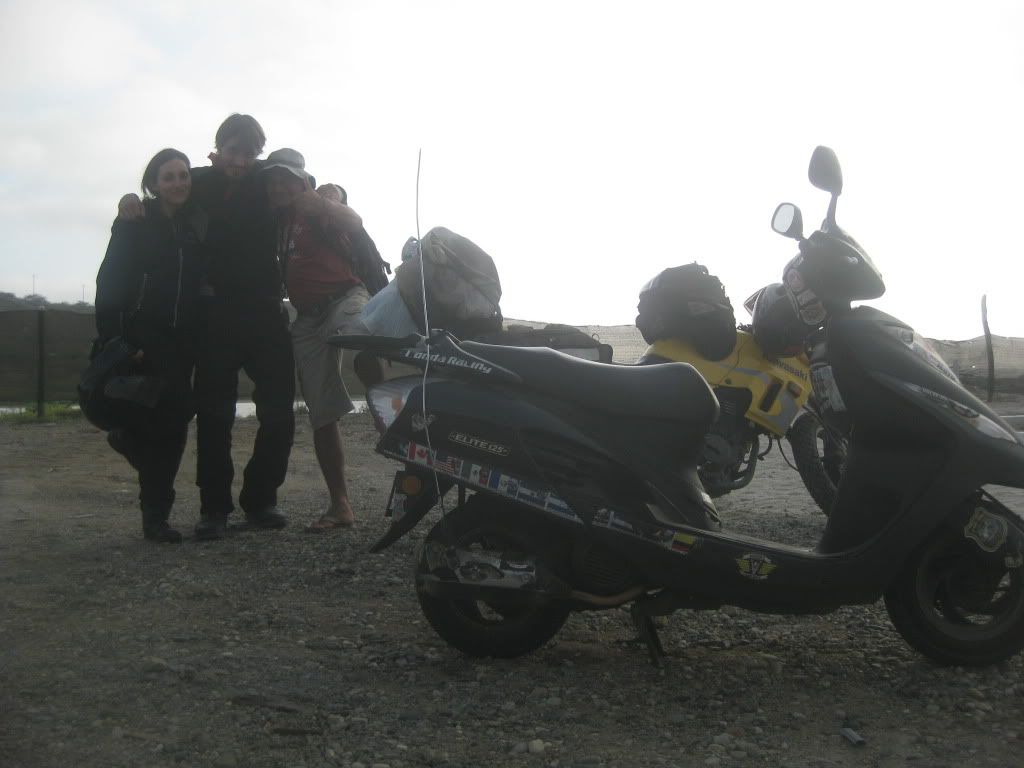
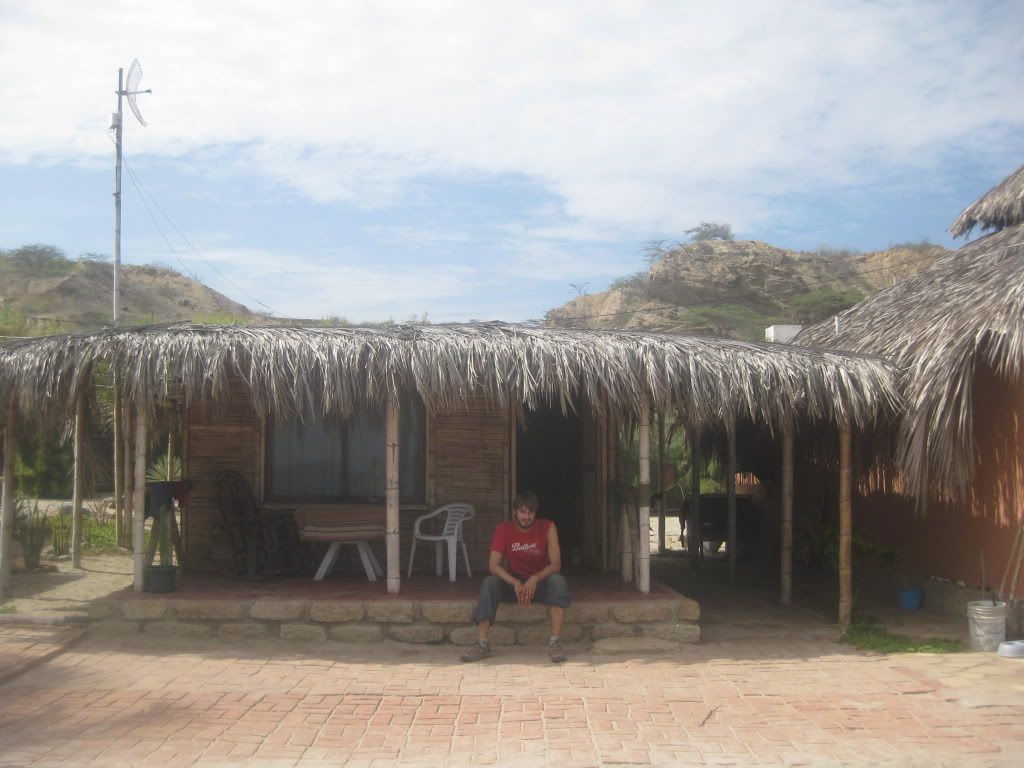
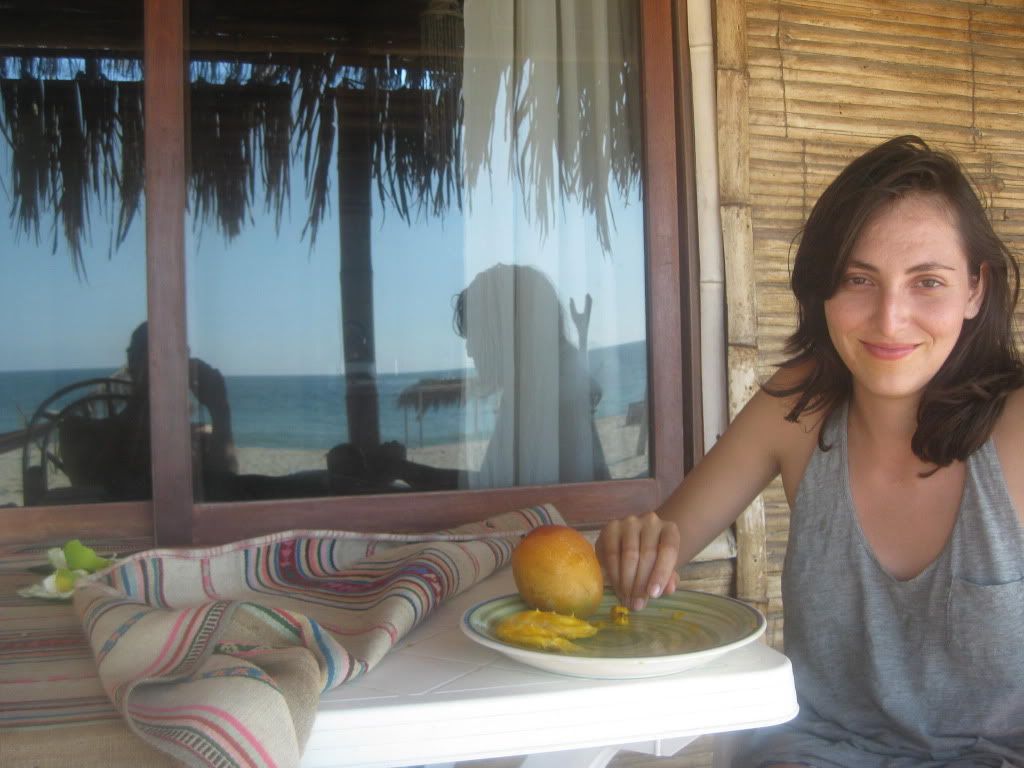
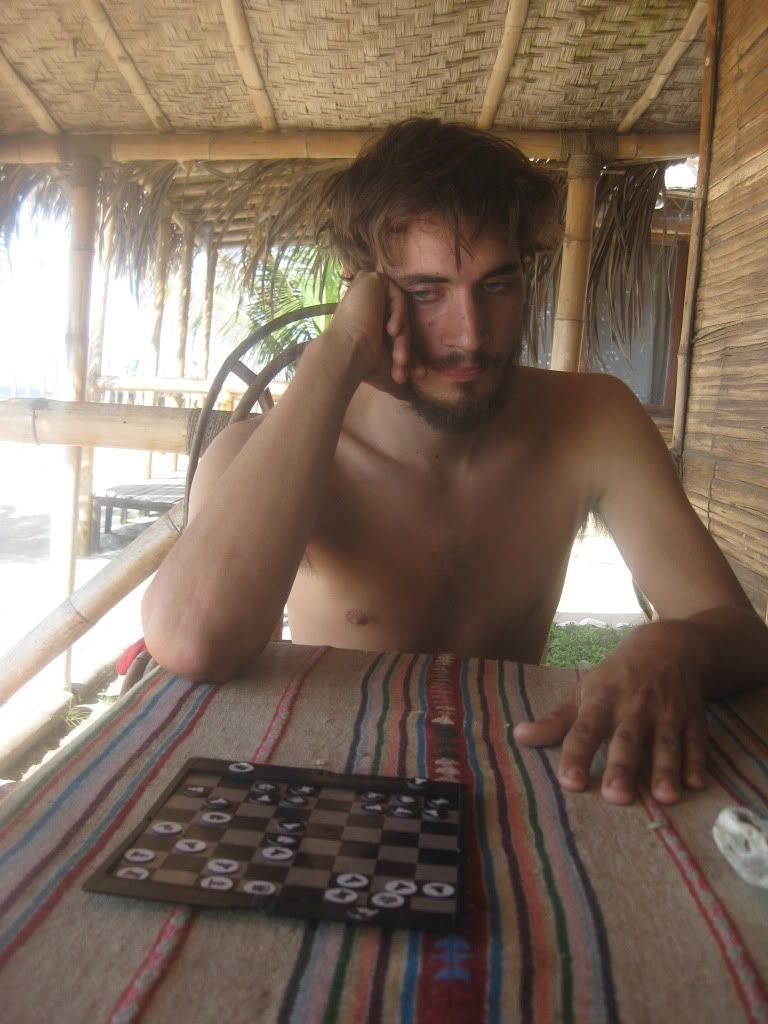
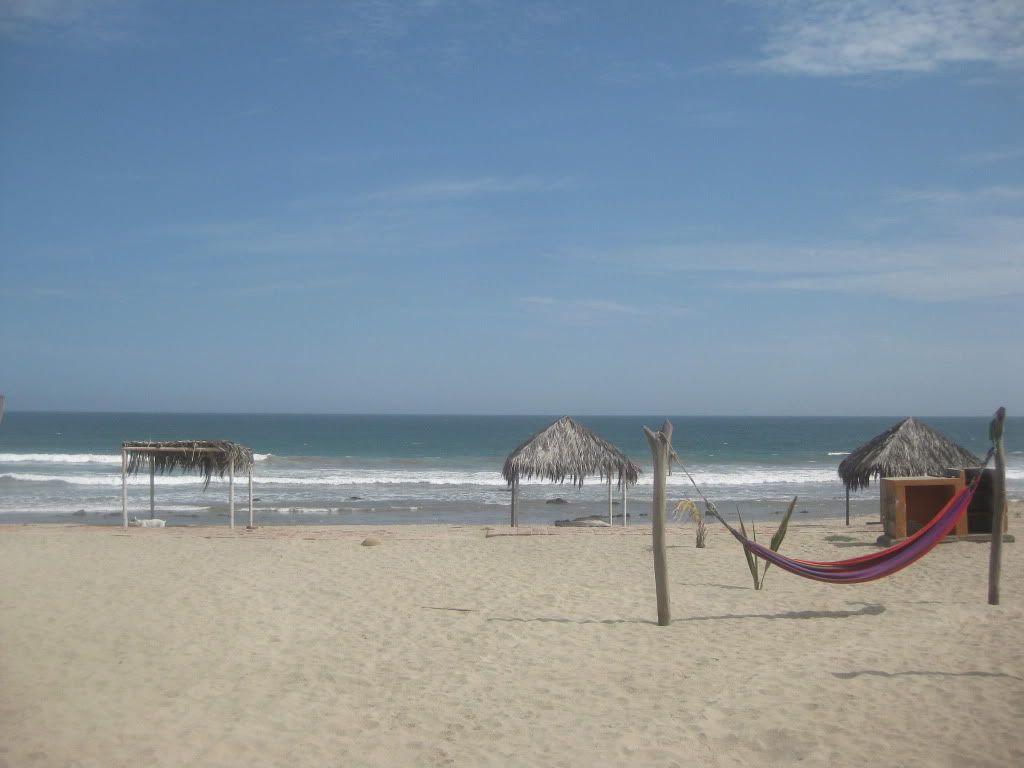
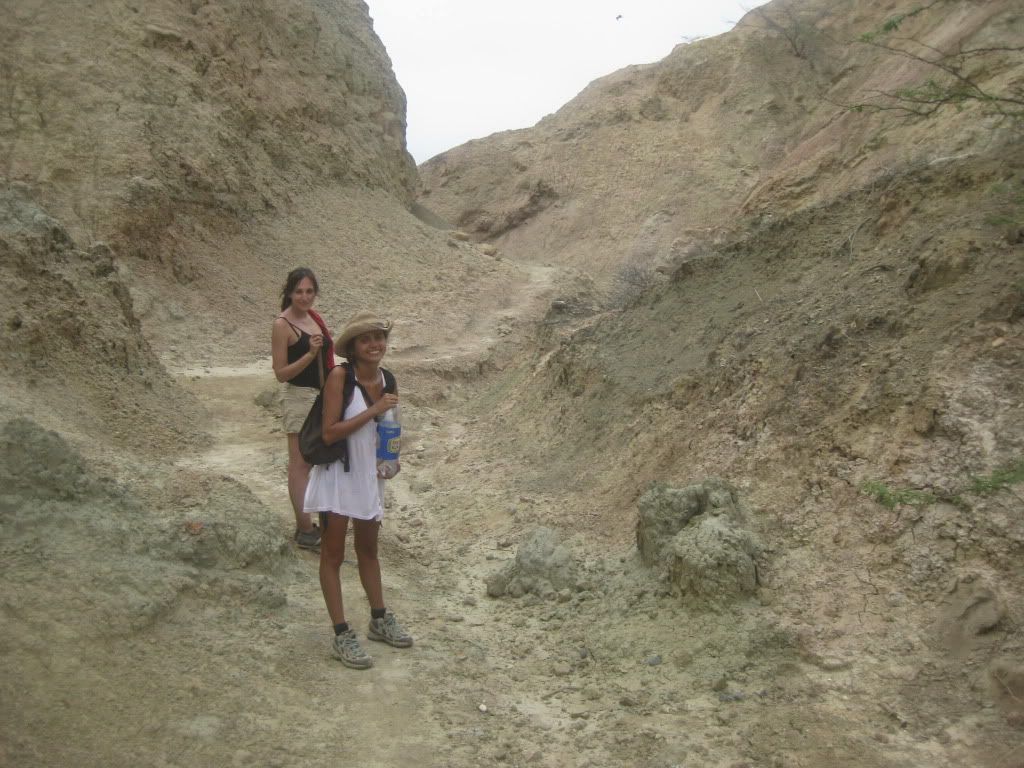


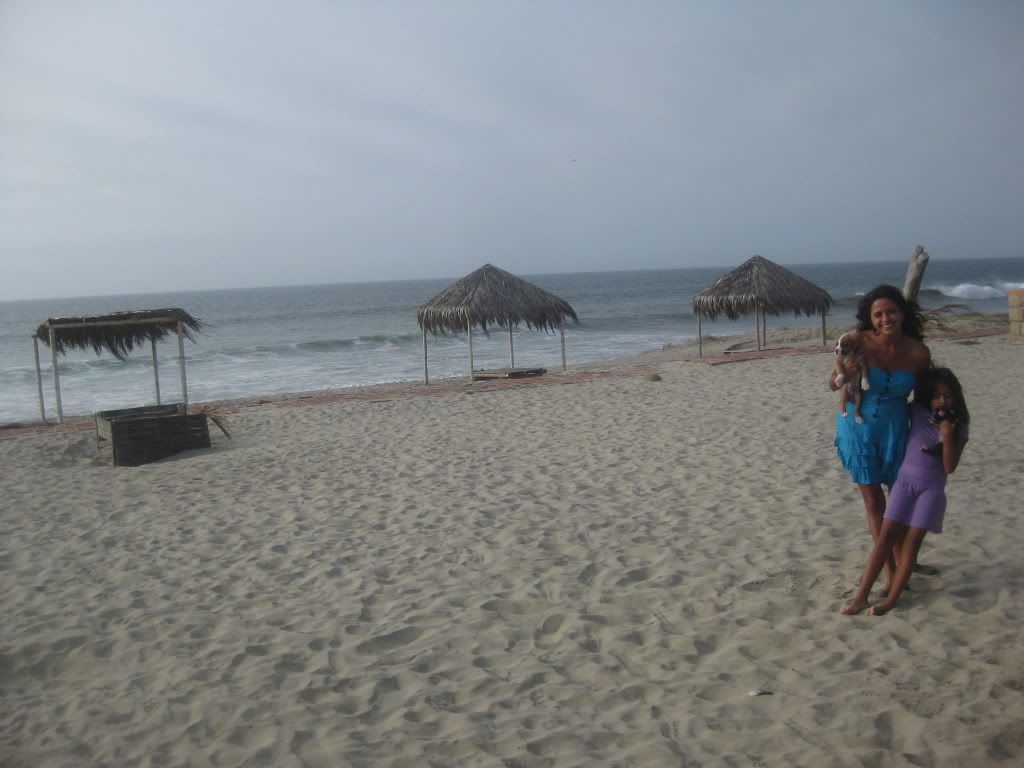
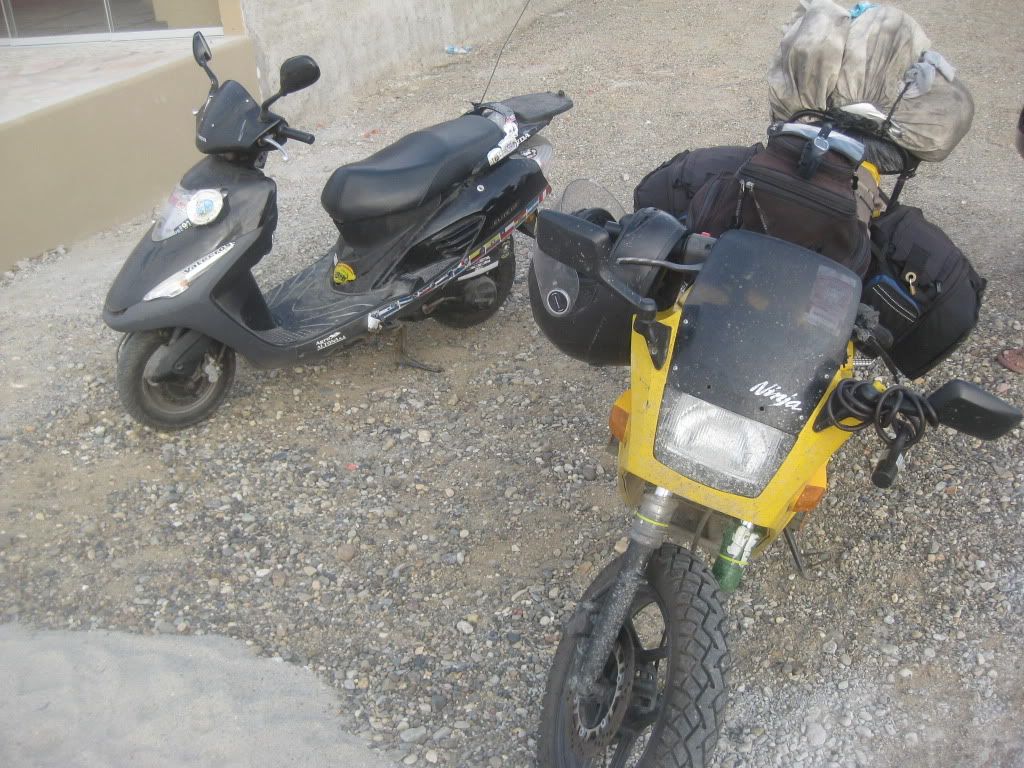

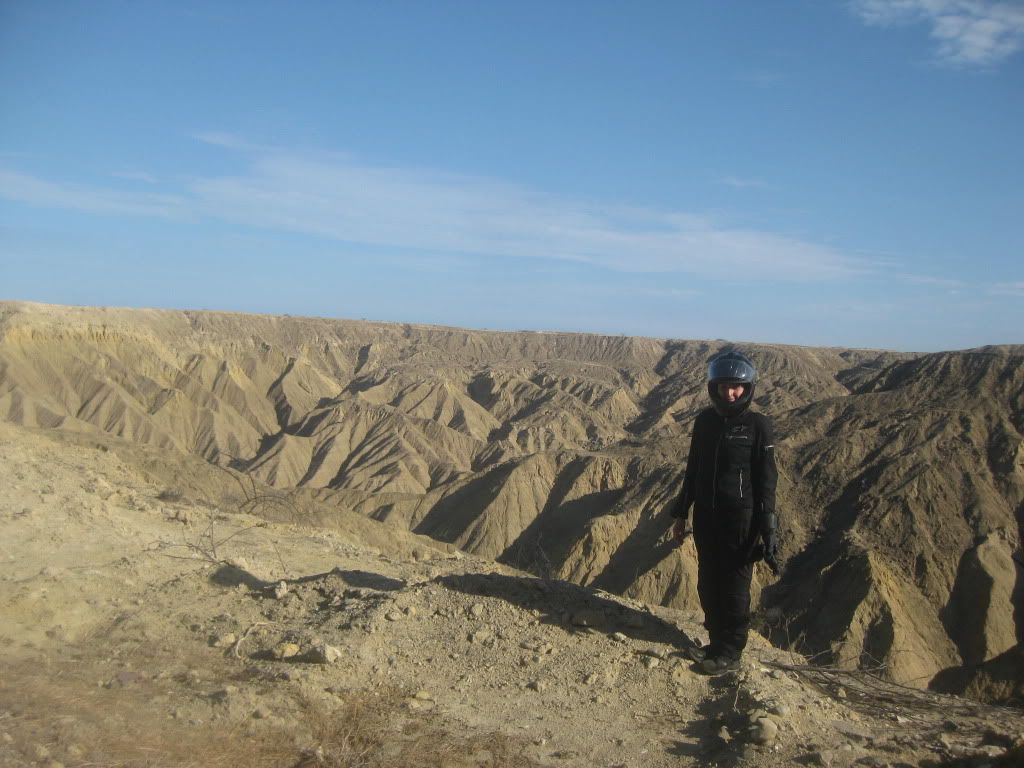
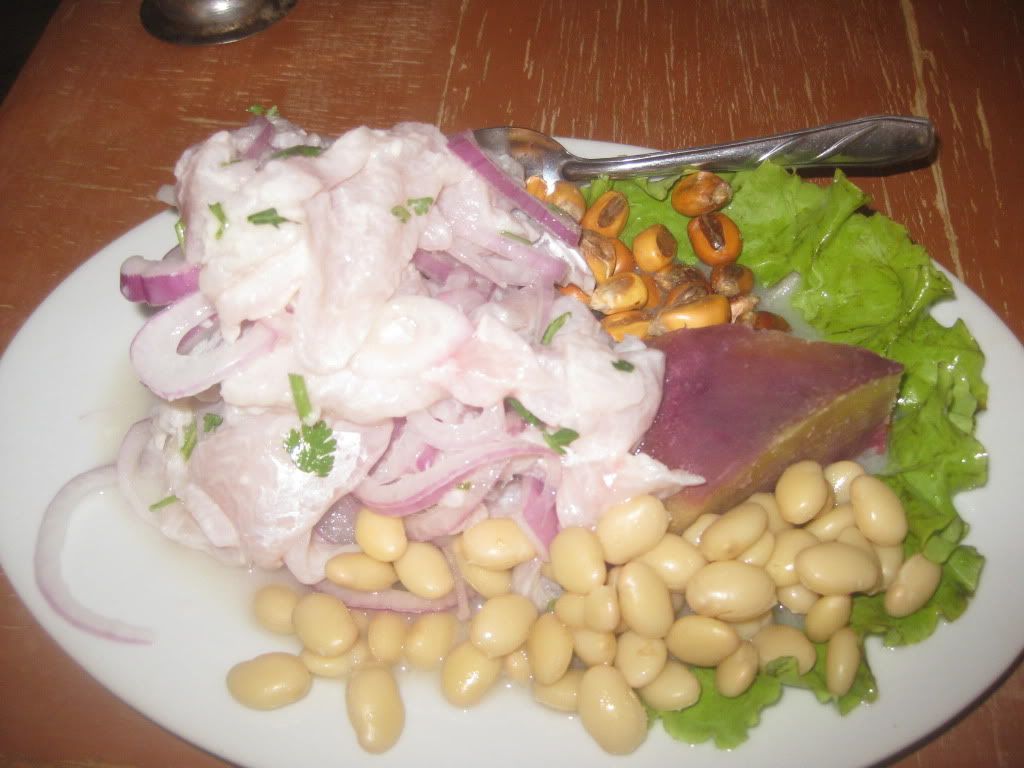
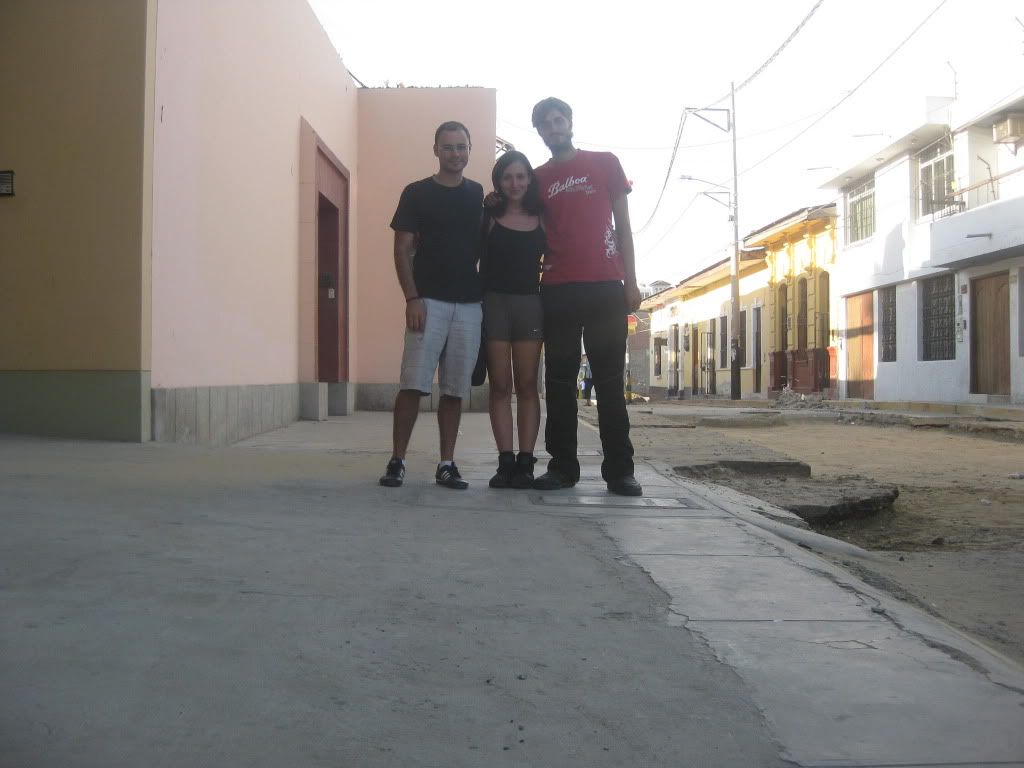
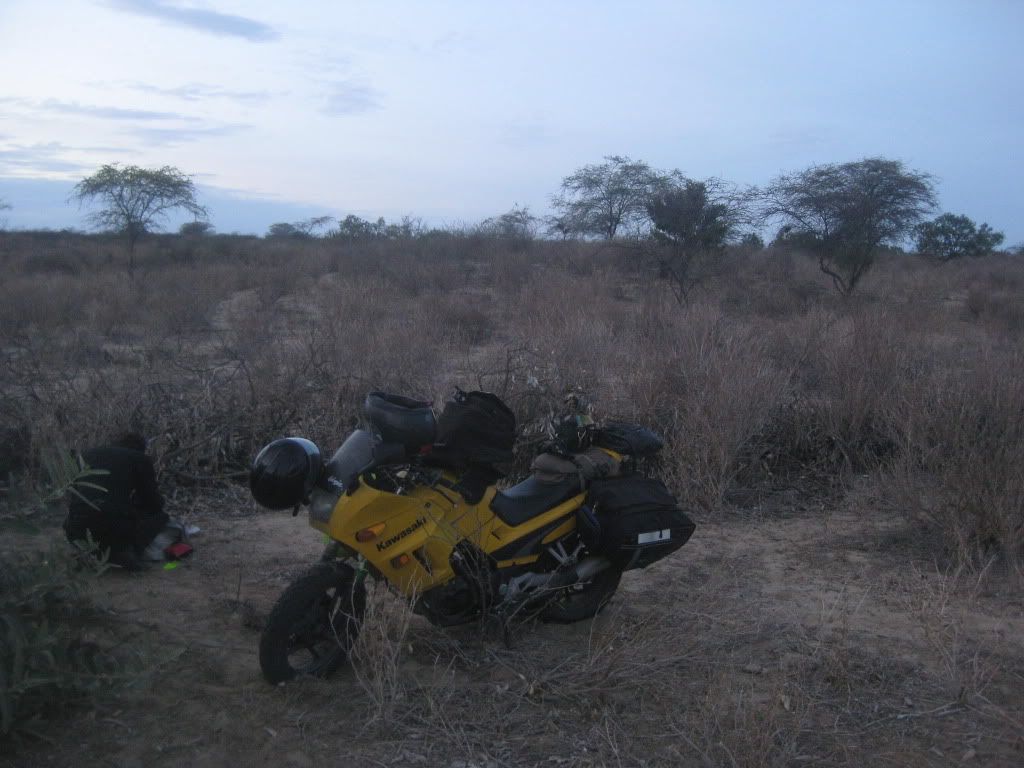
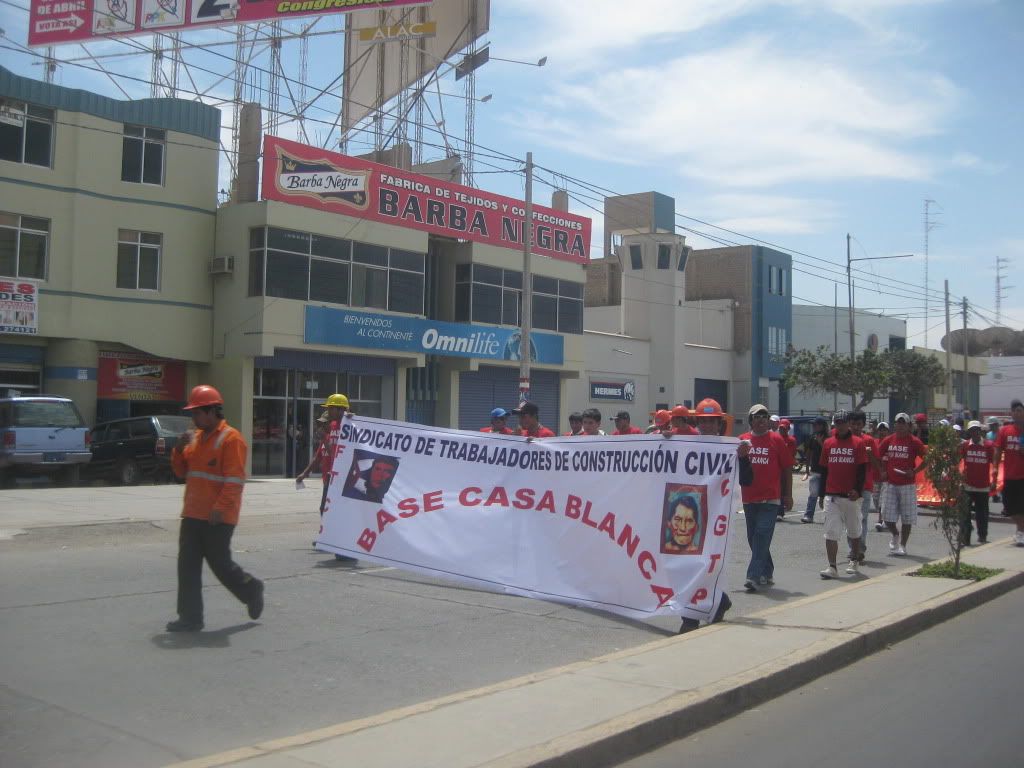
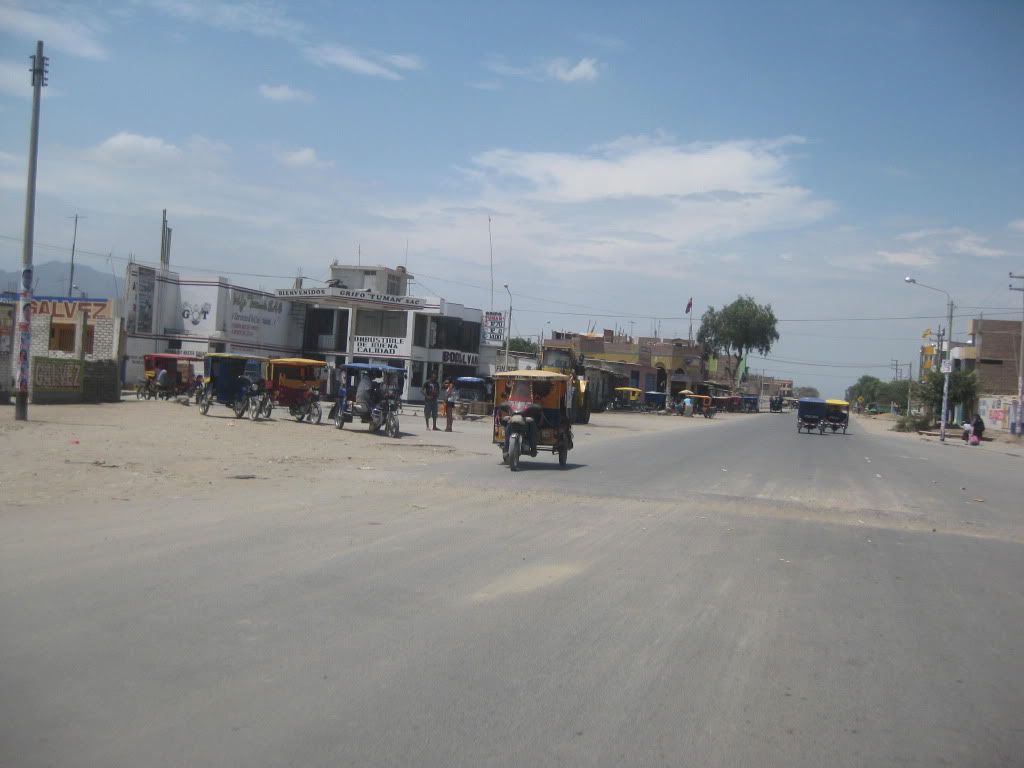
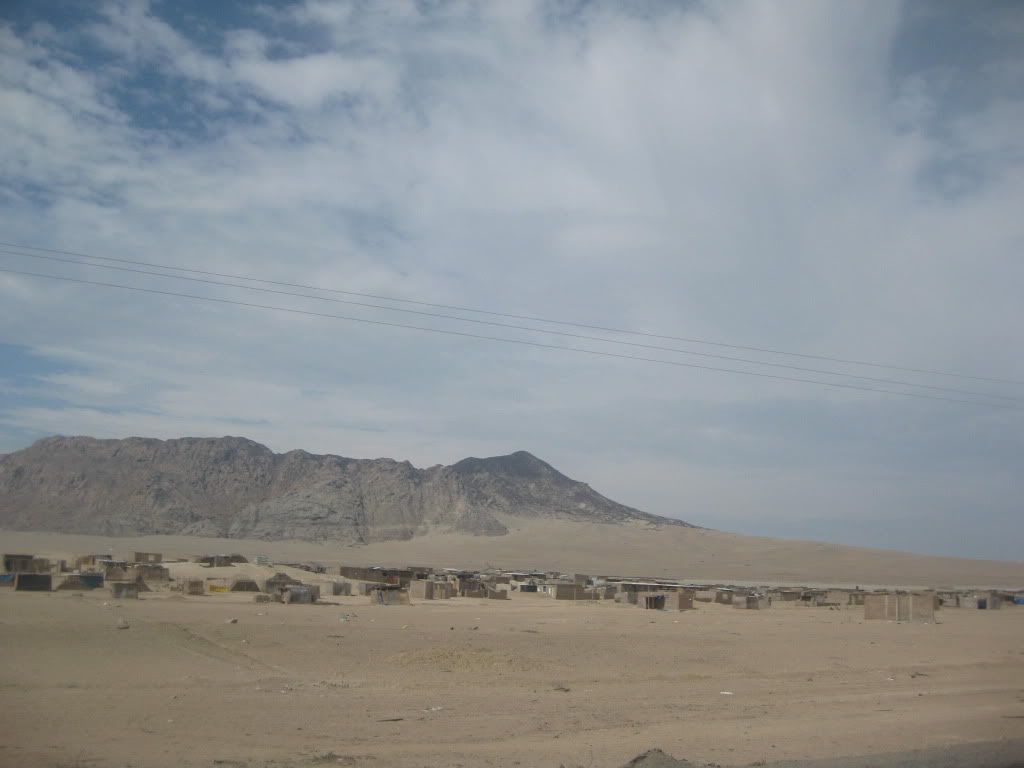
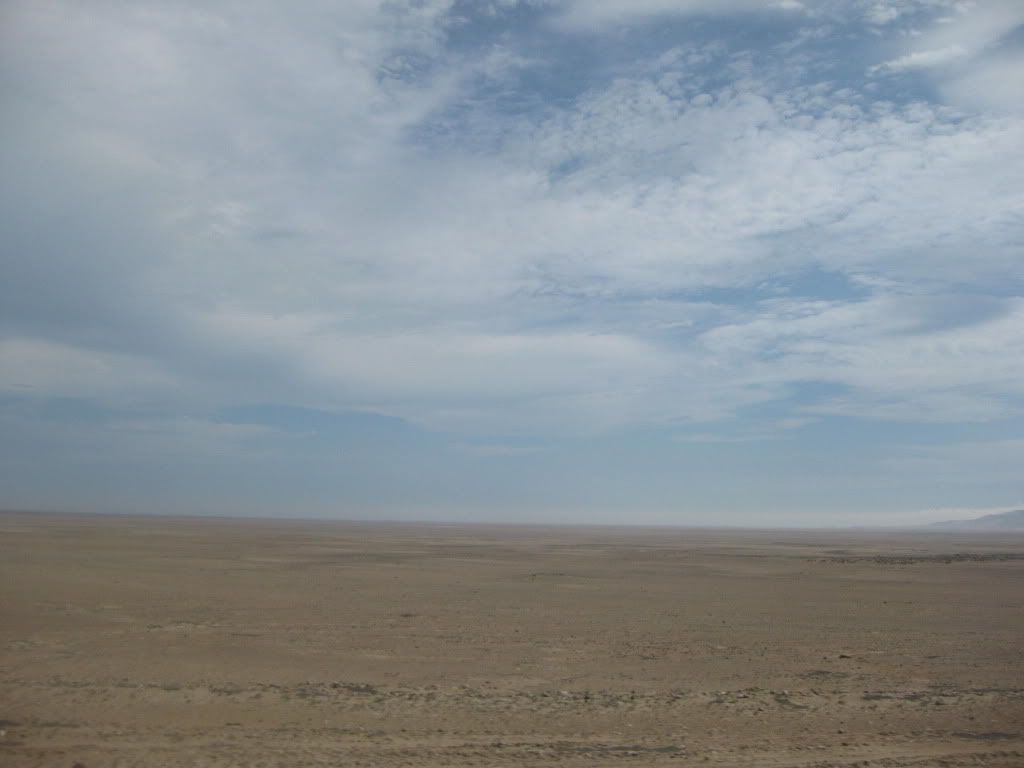
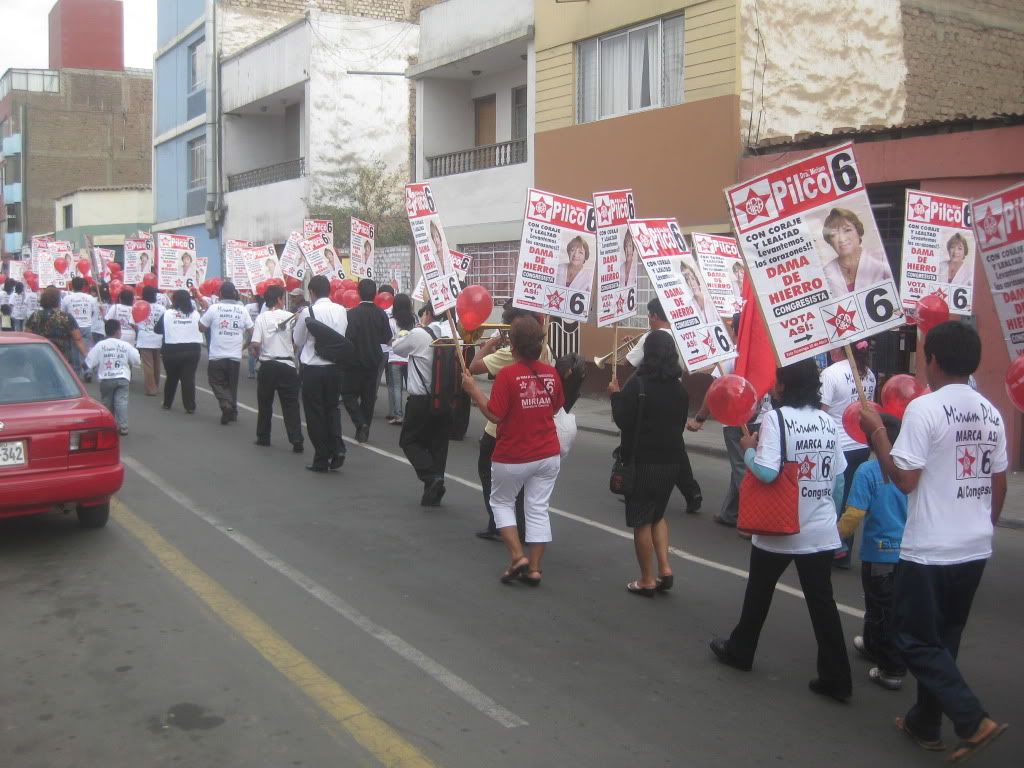
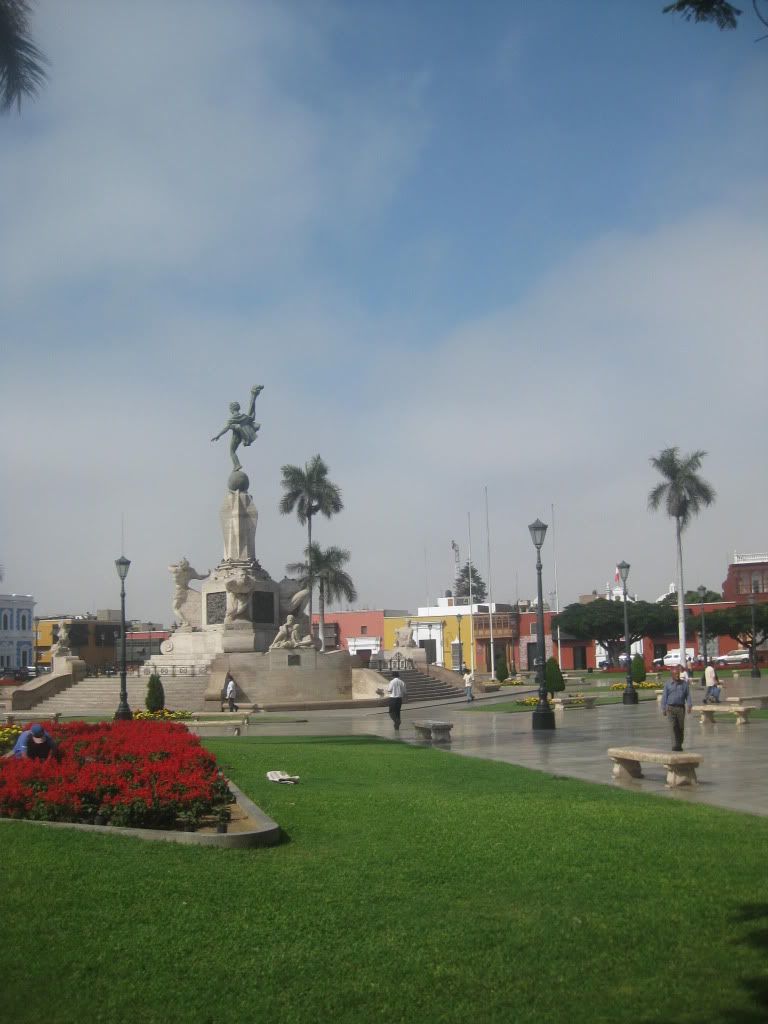
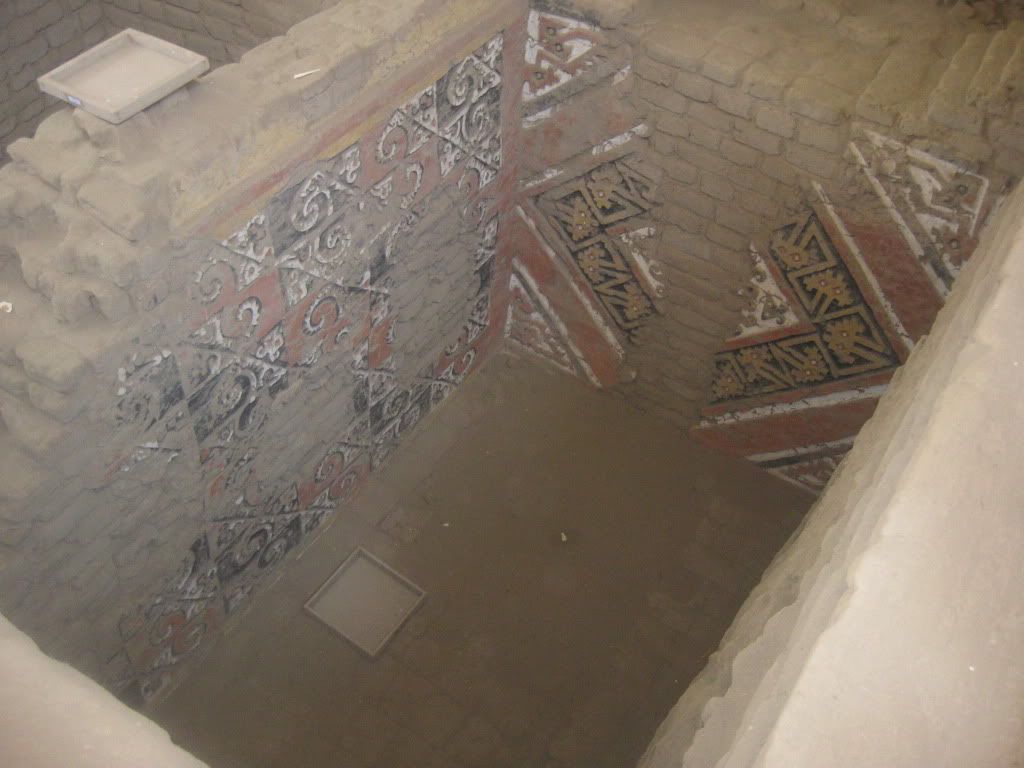
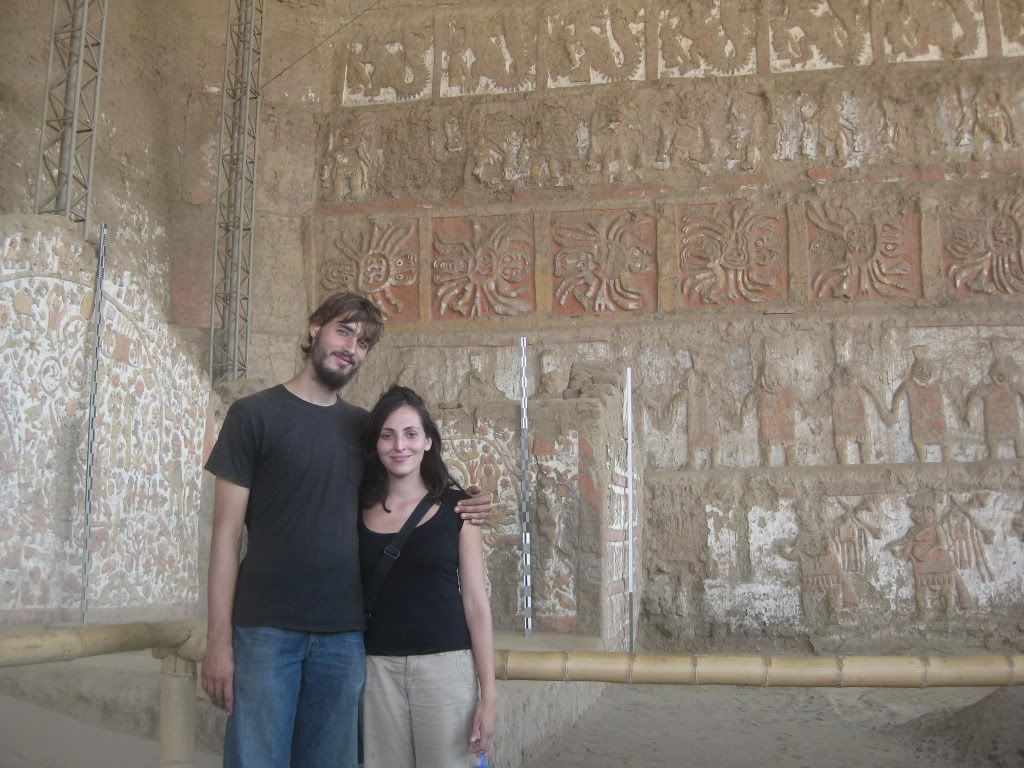
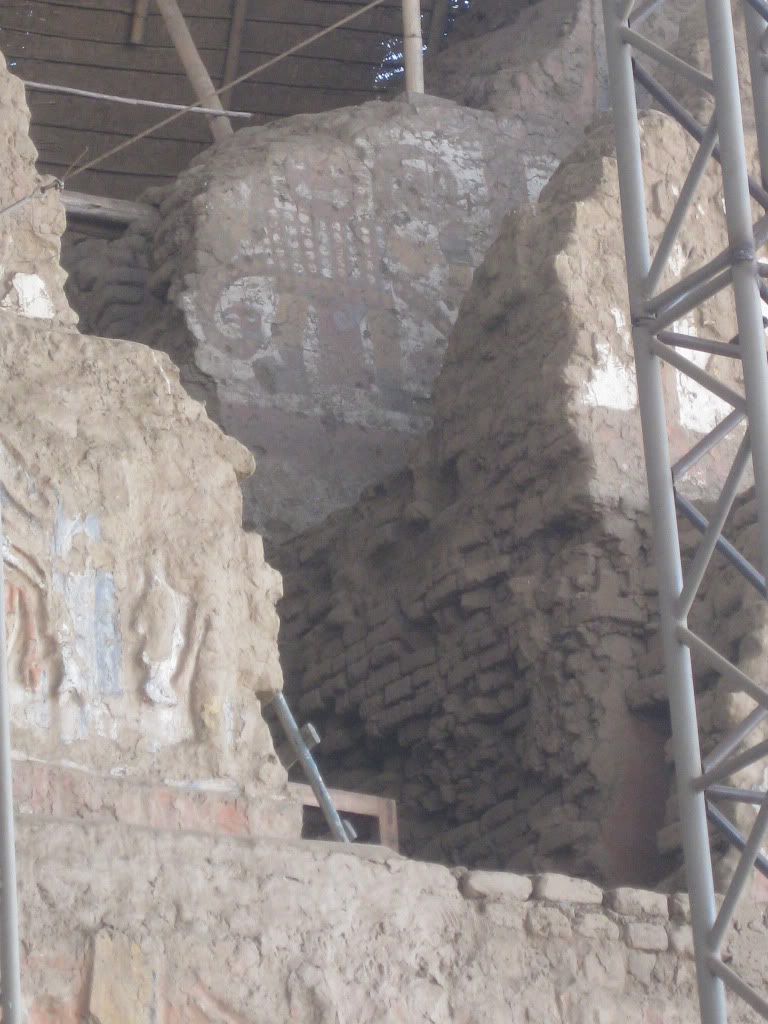


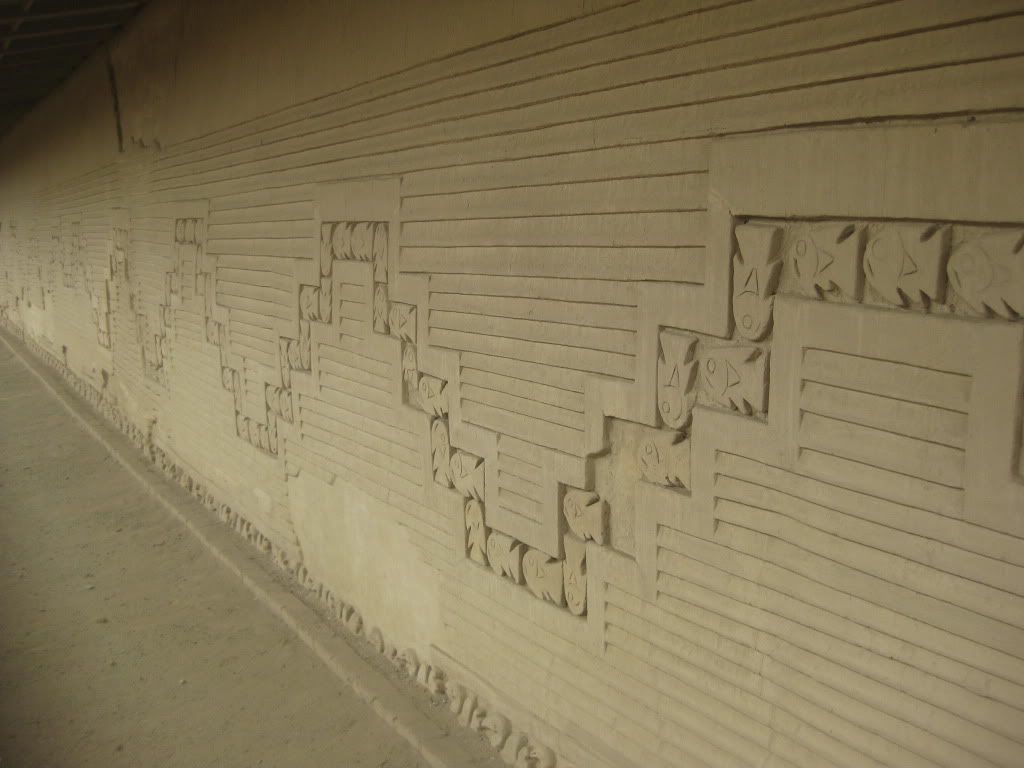
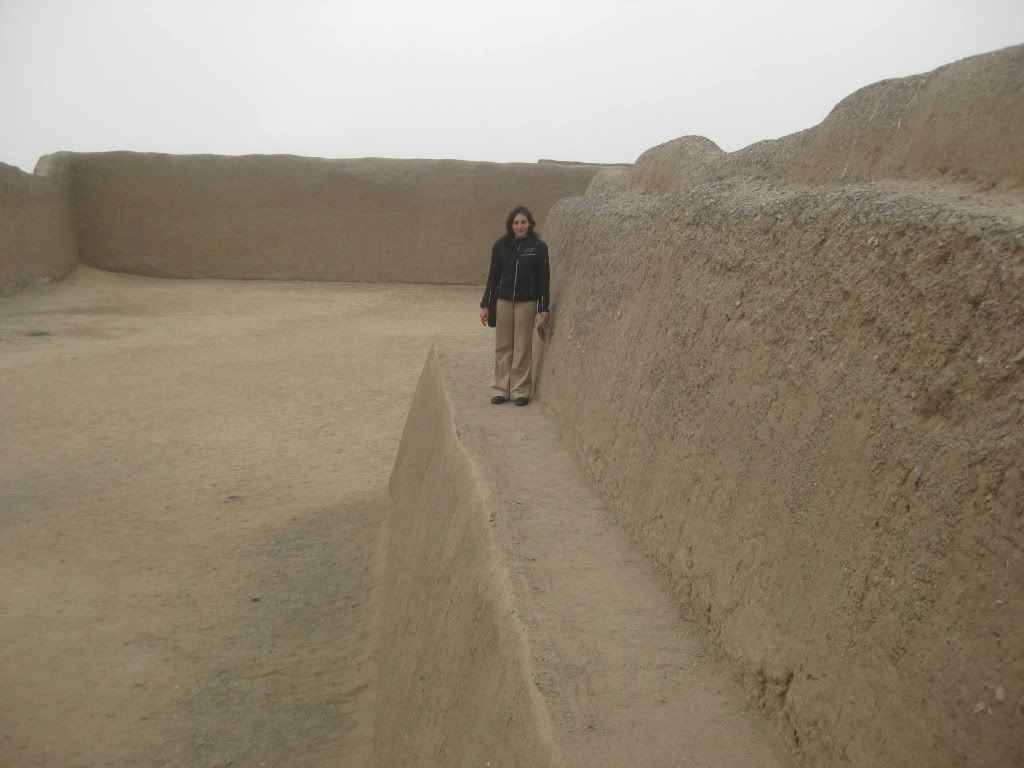
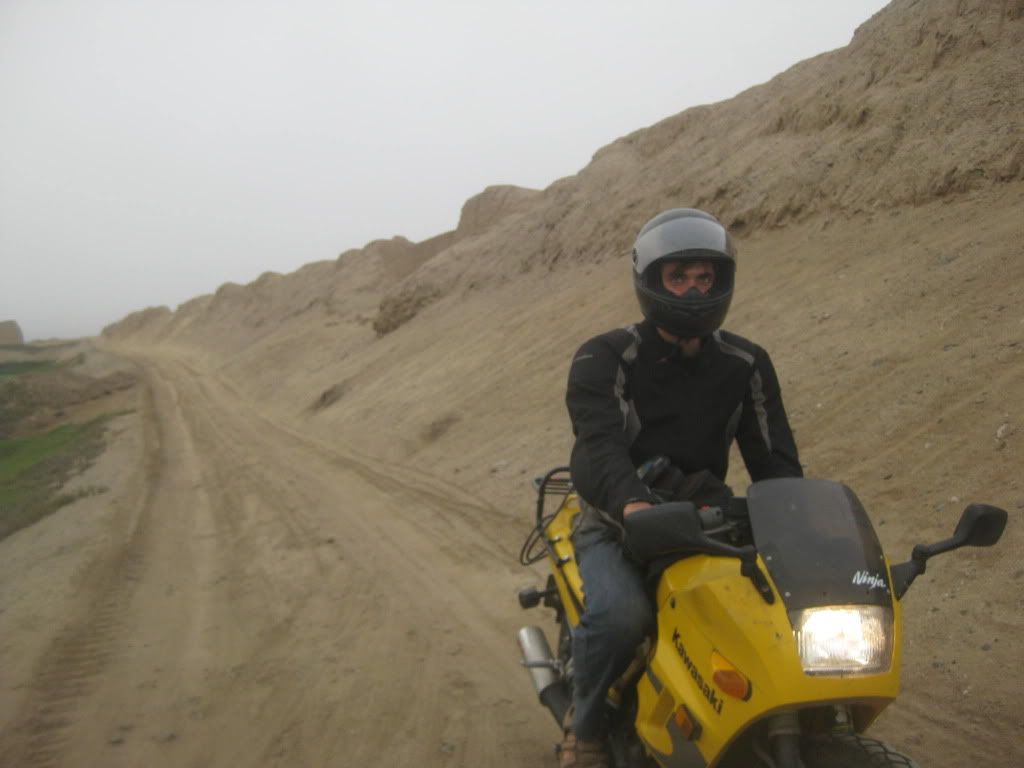
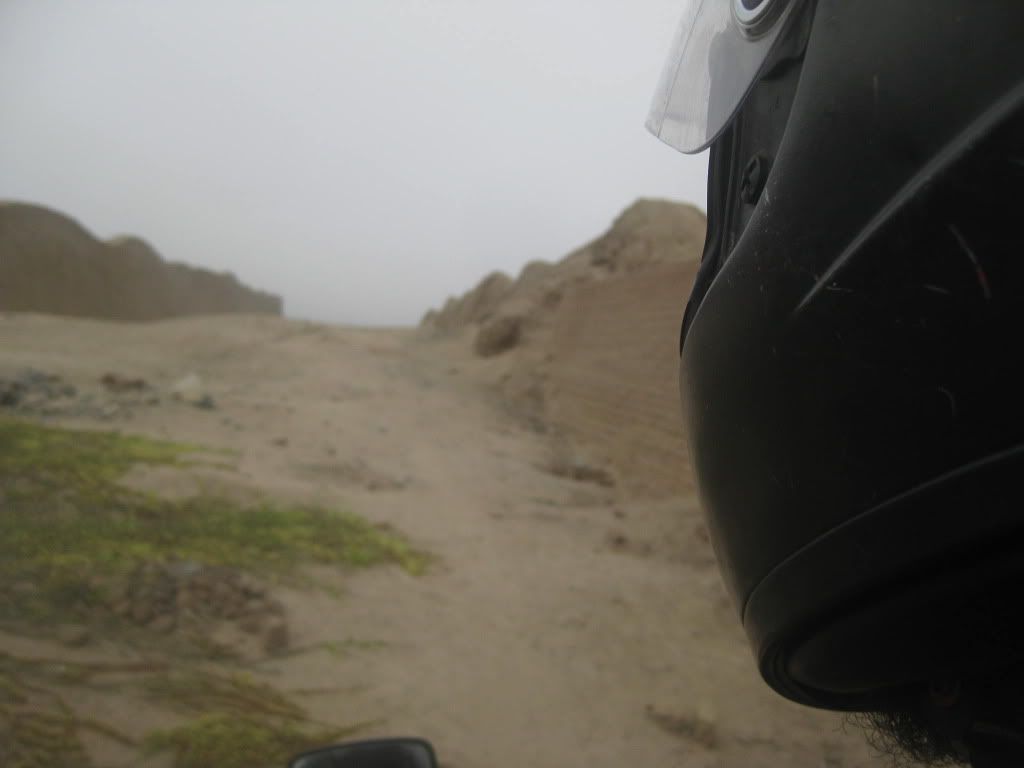
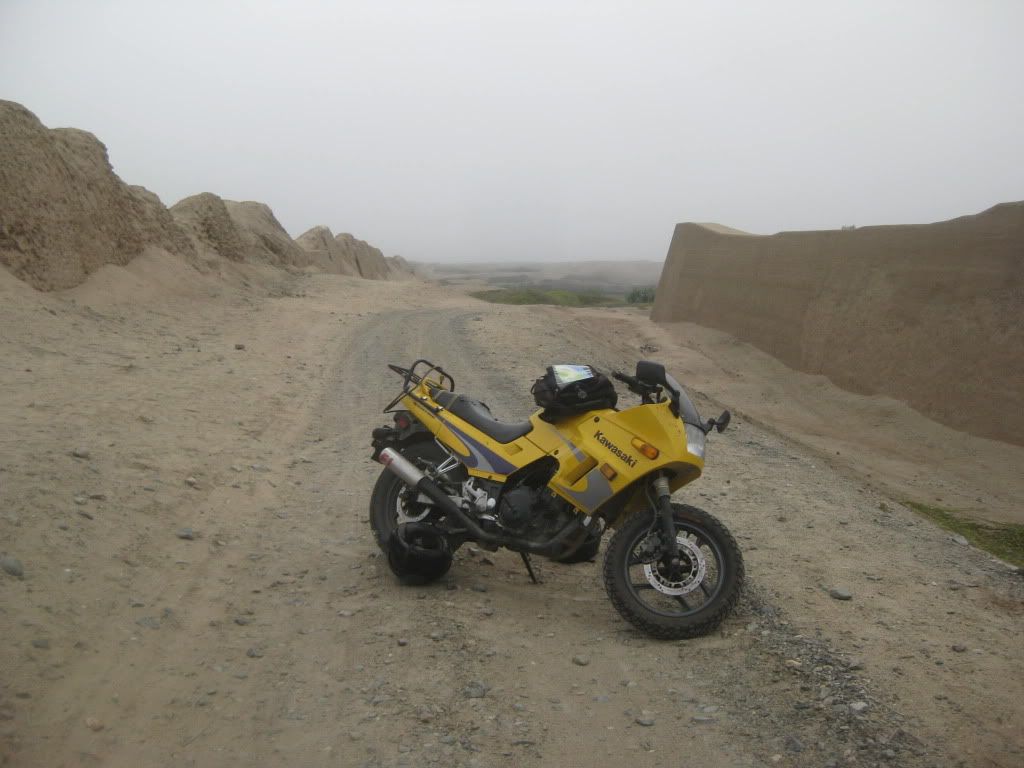
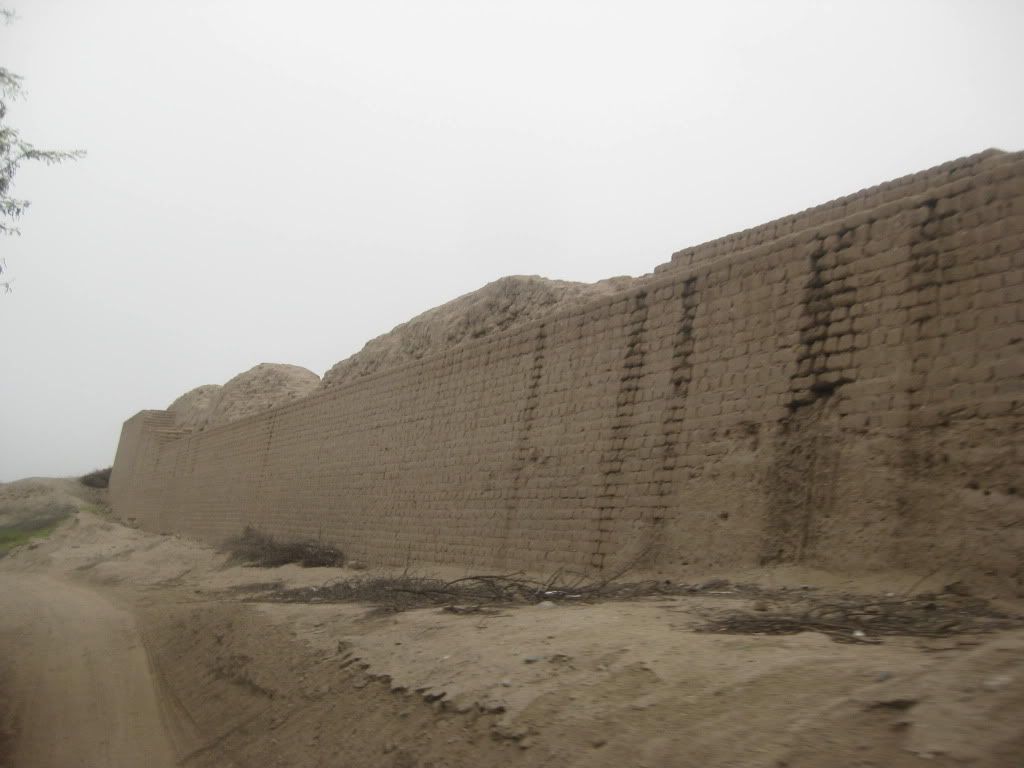




















 Hybrid Mode
Hybrid Mode



